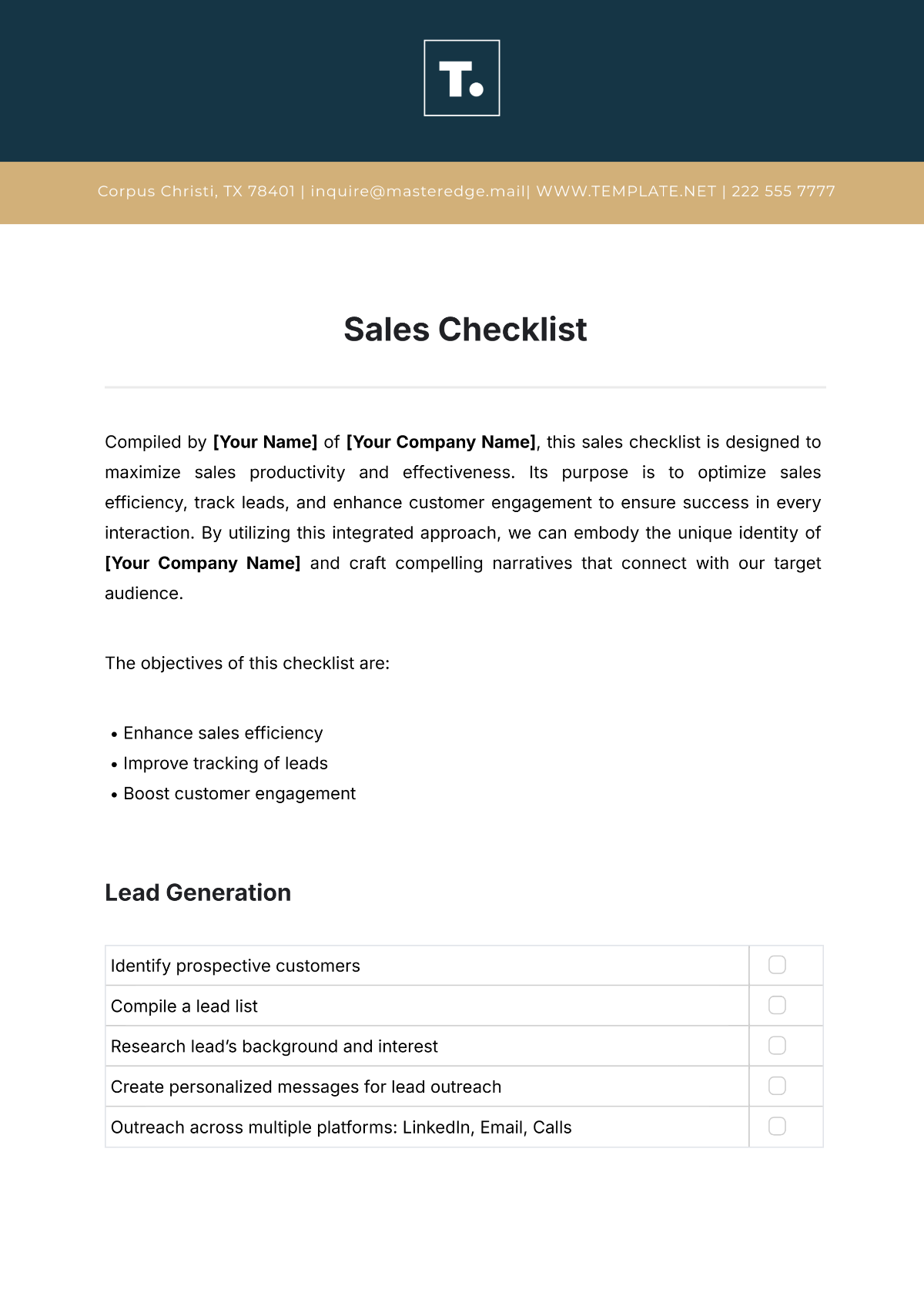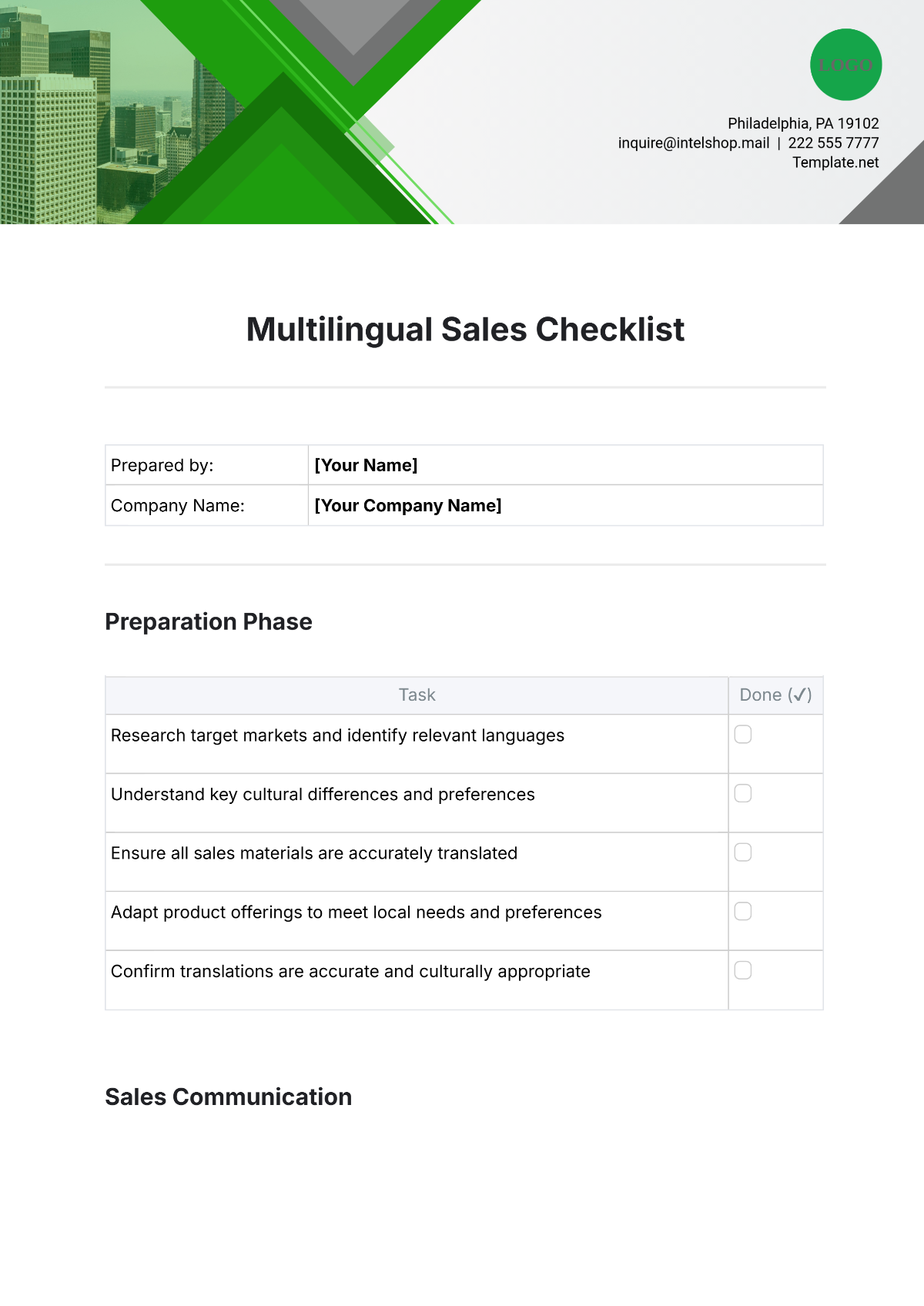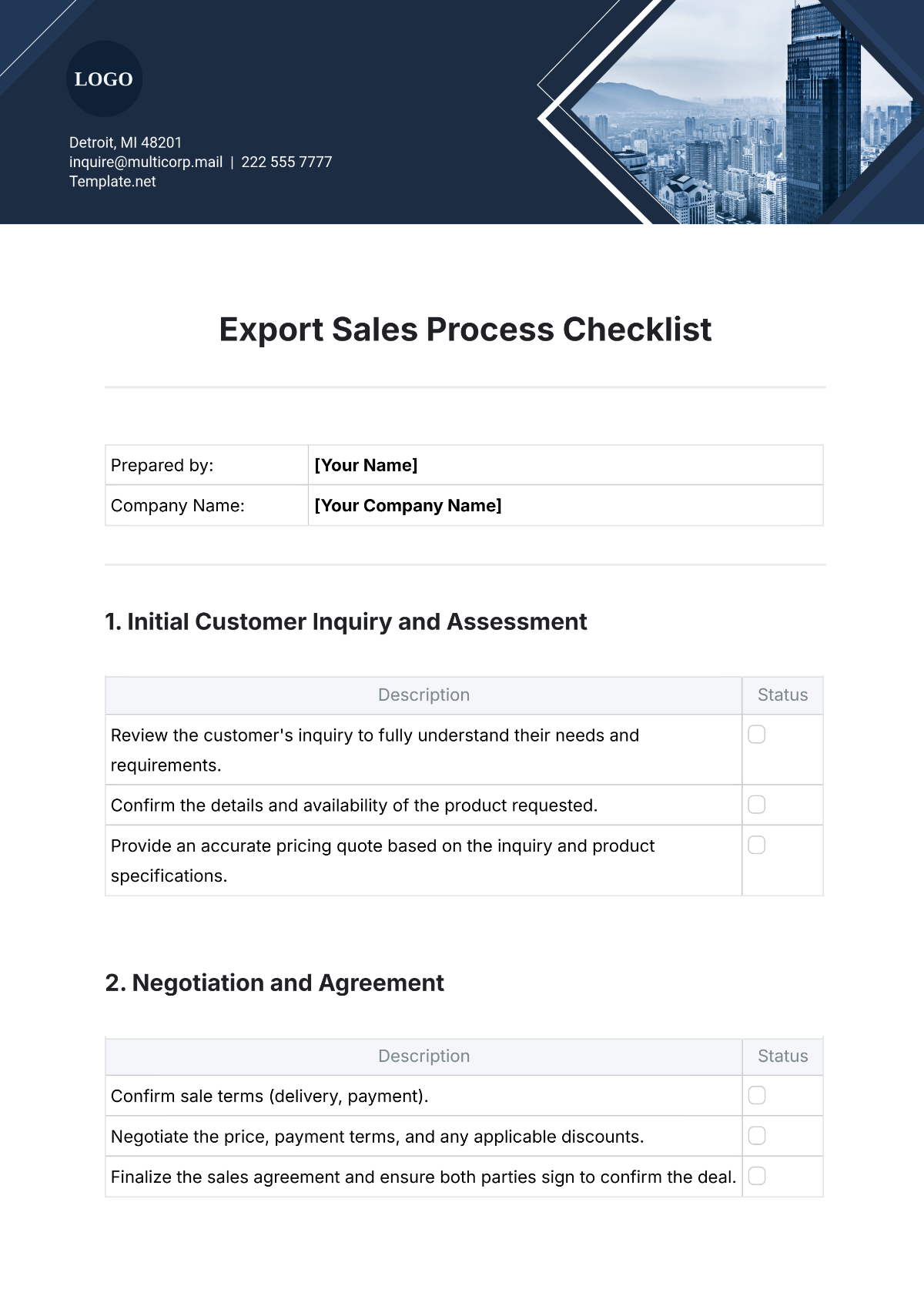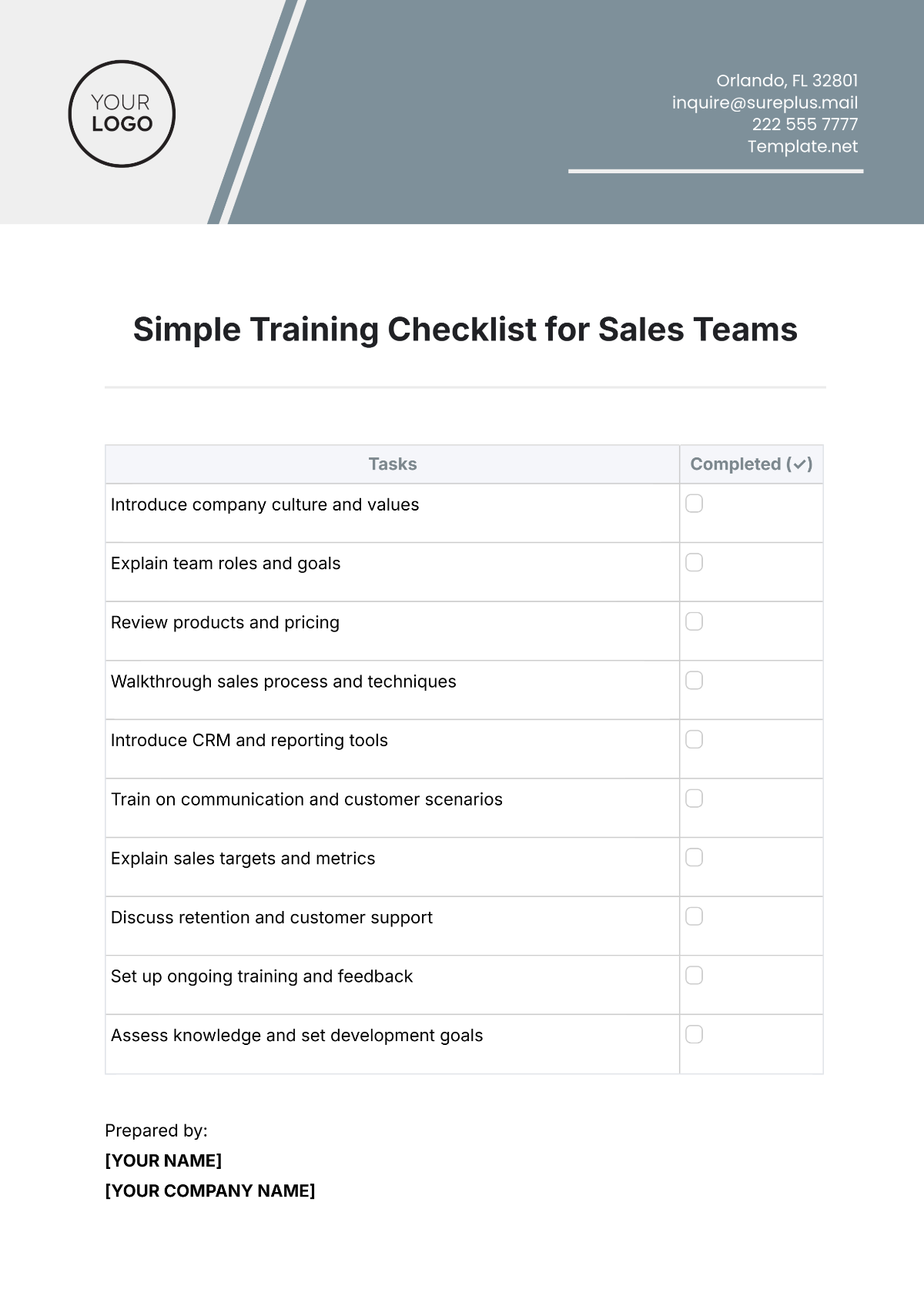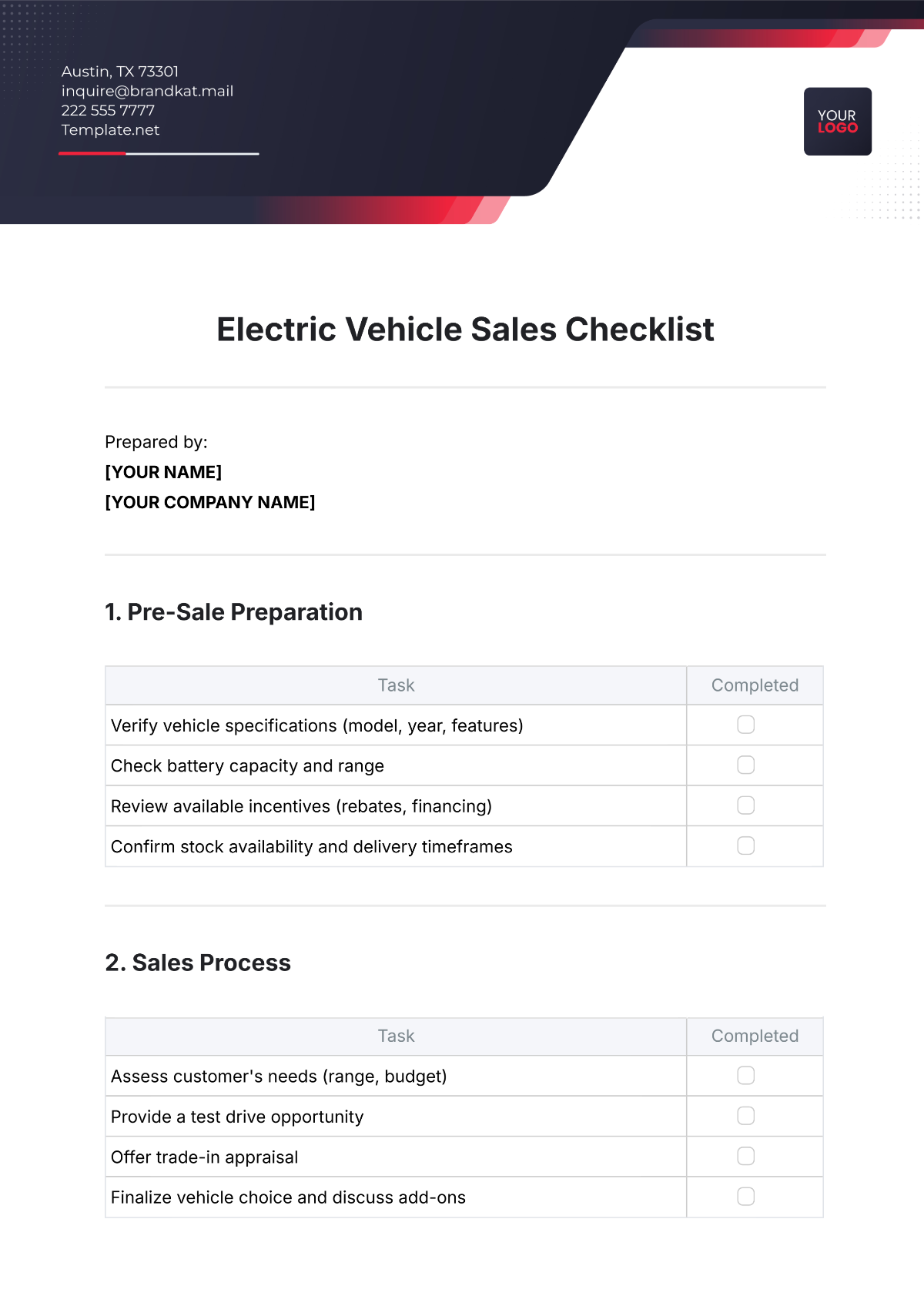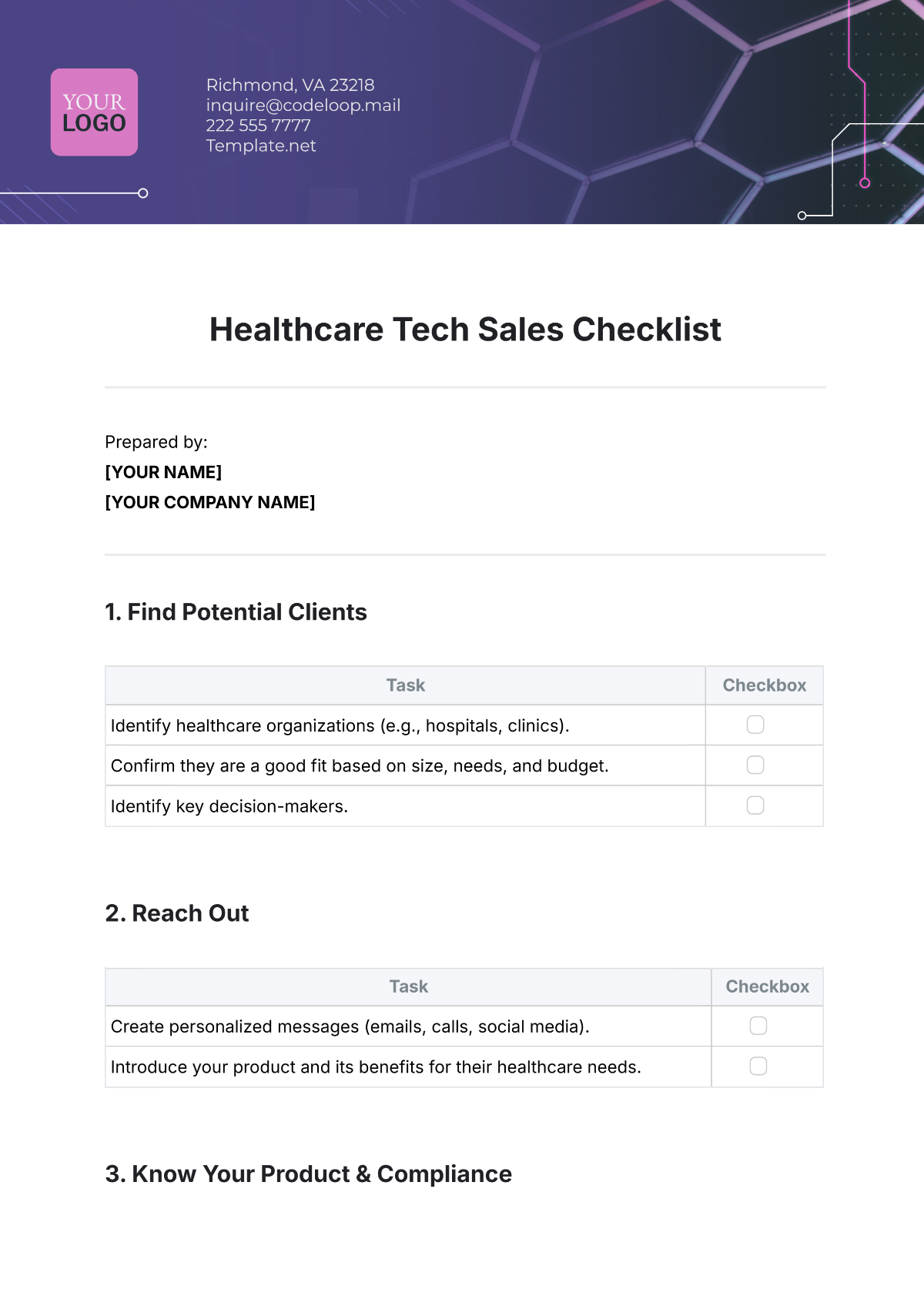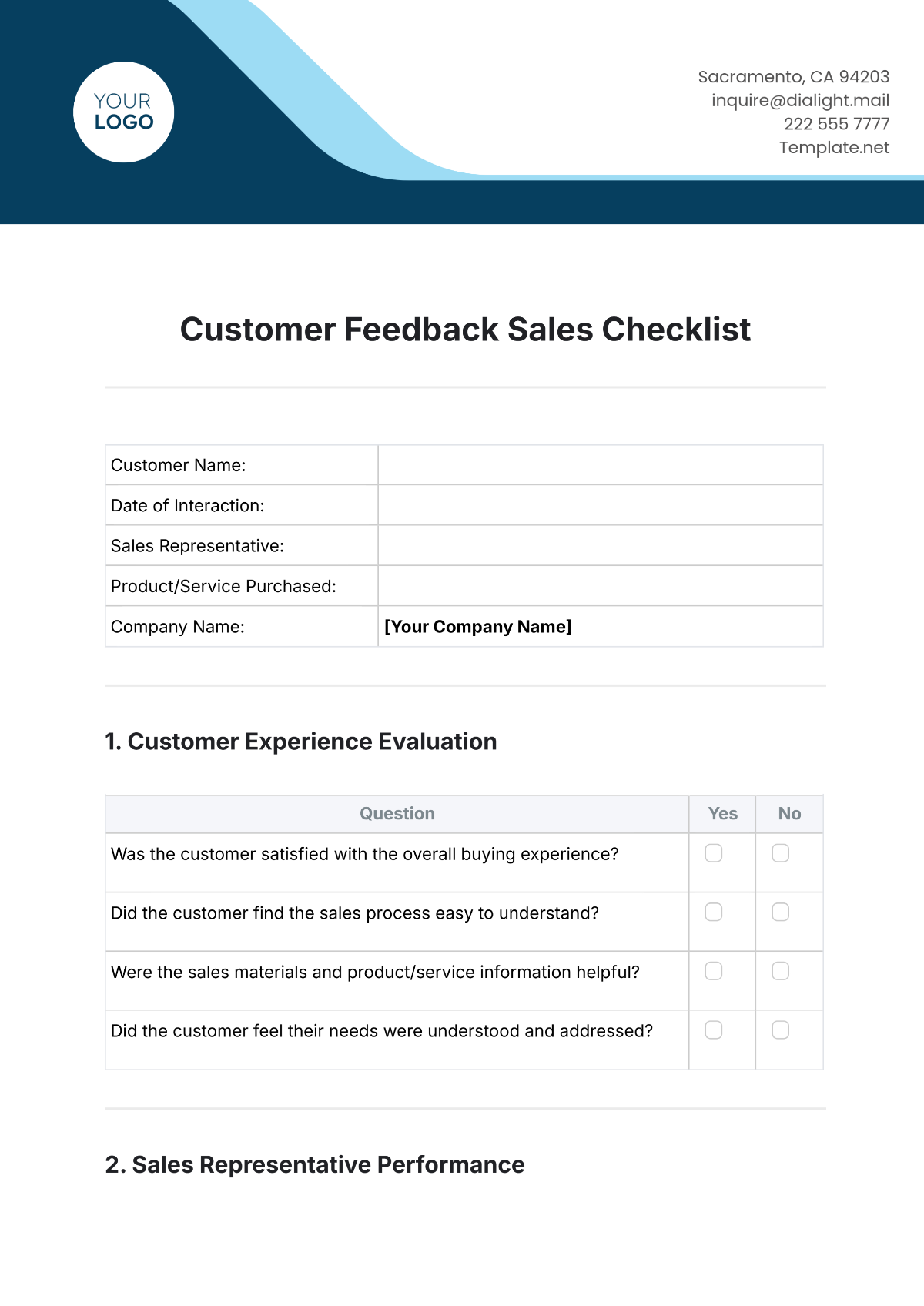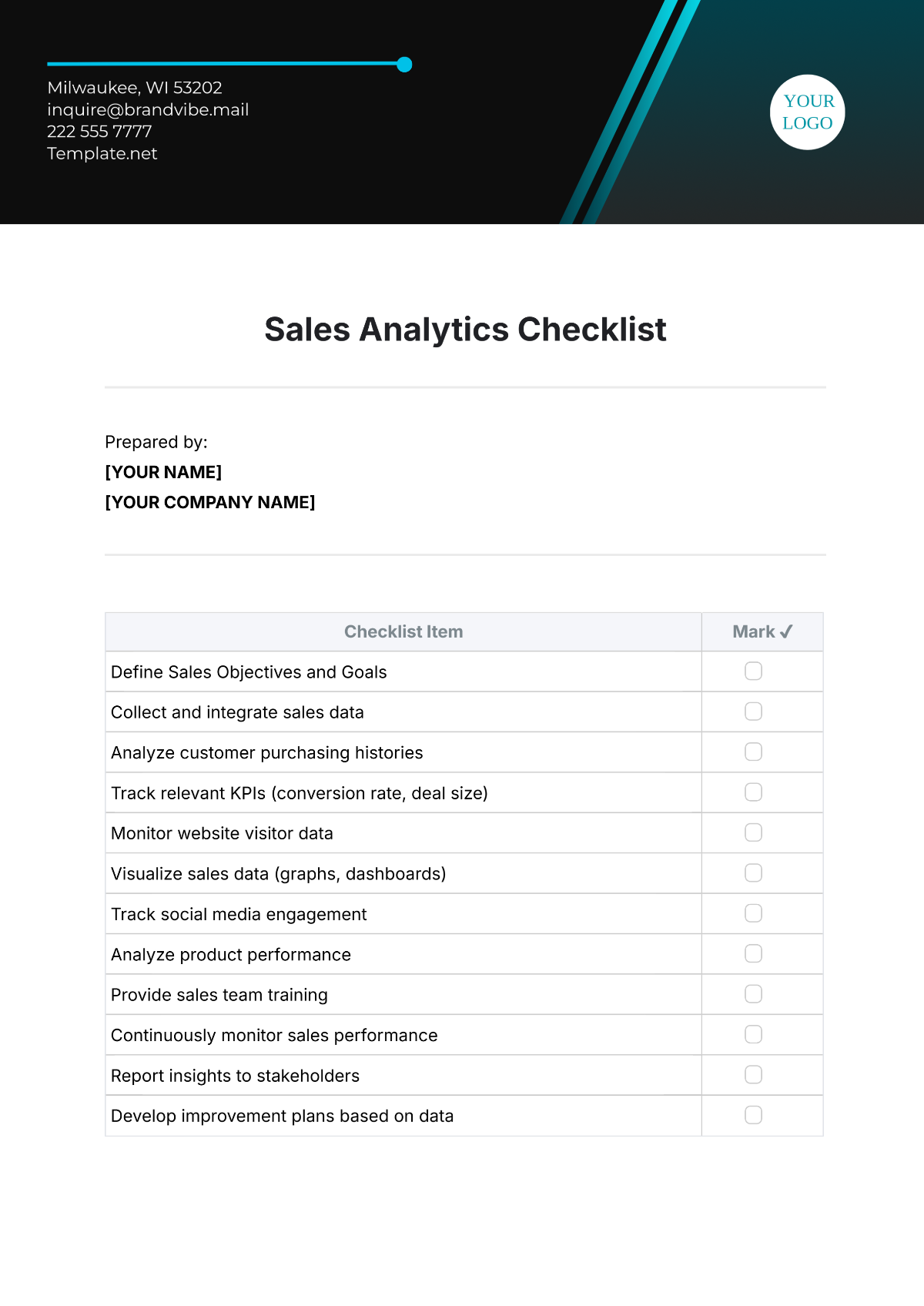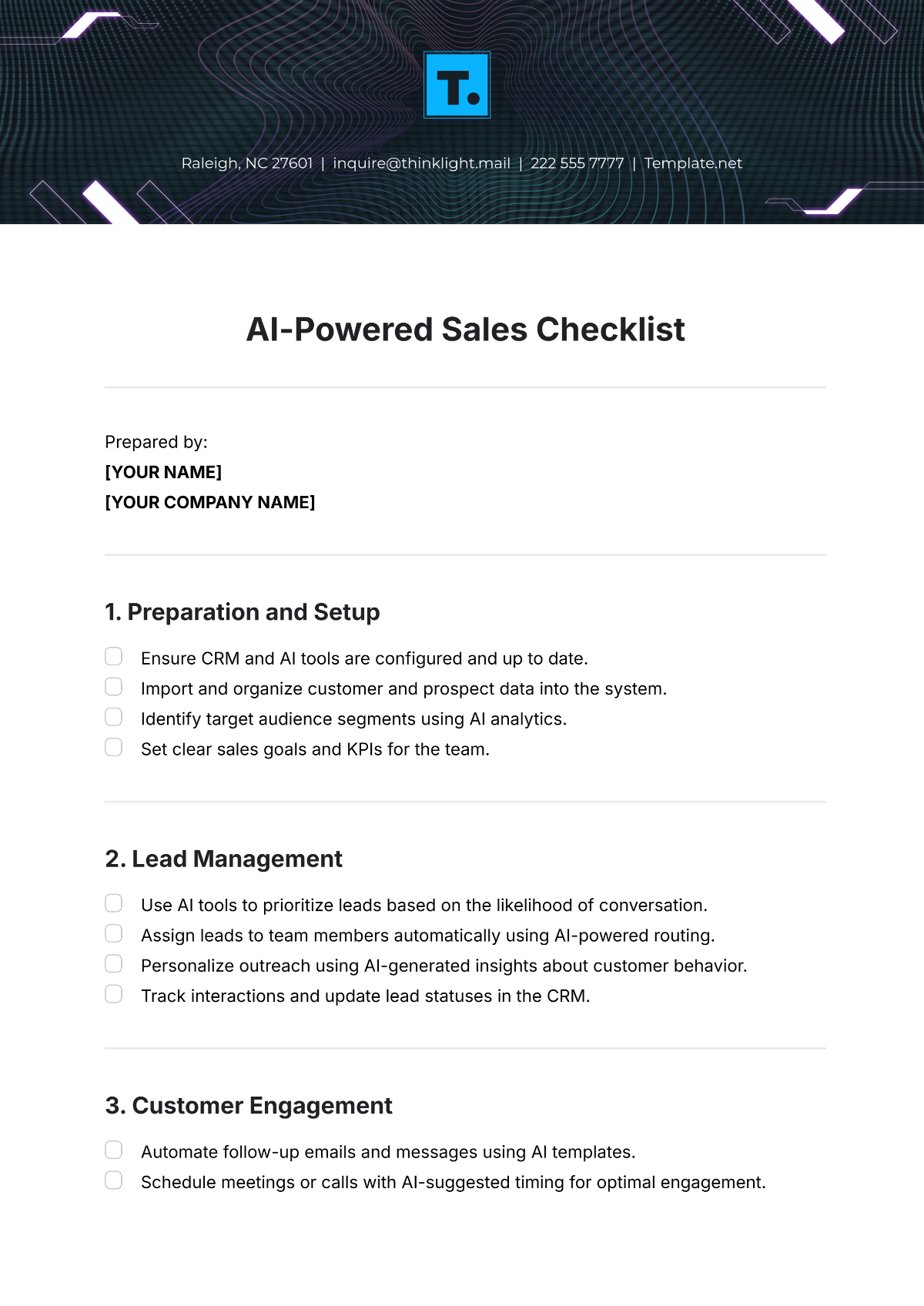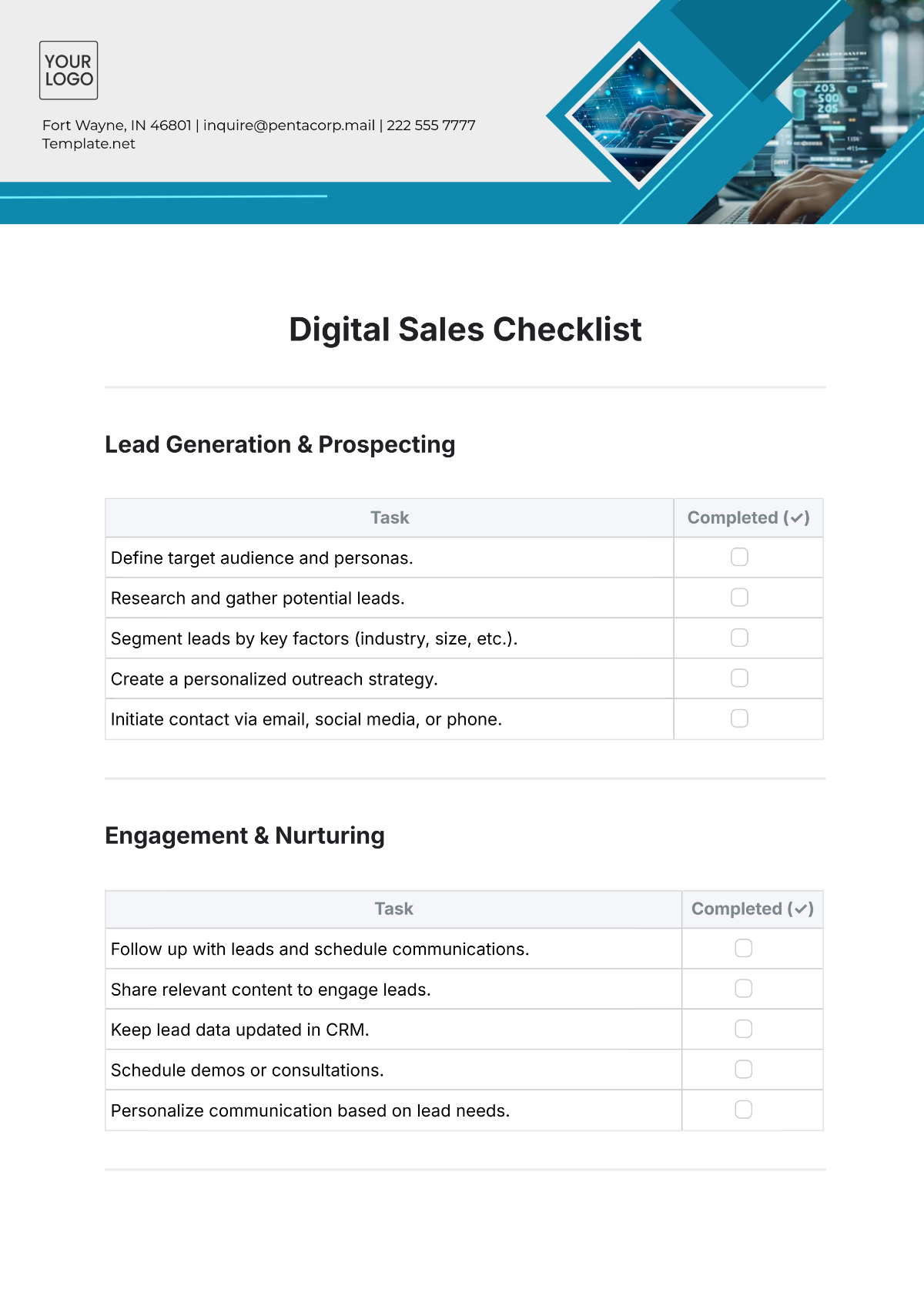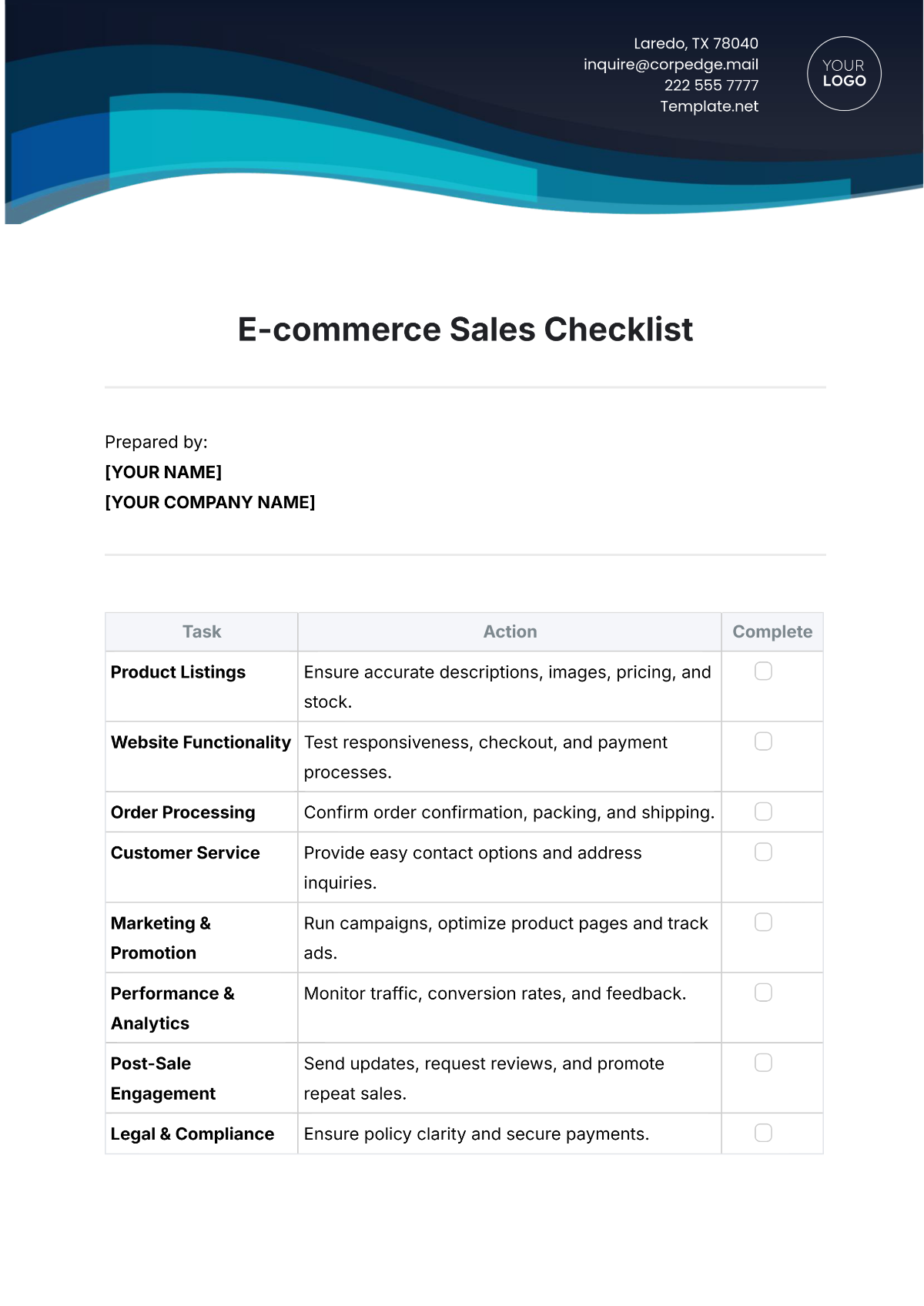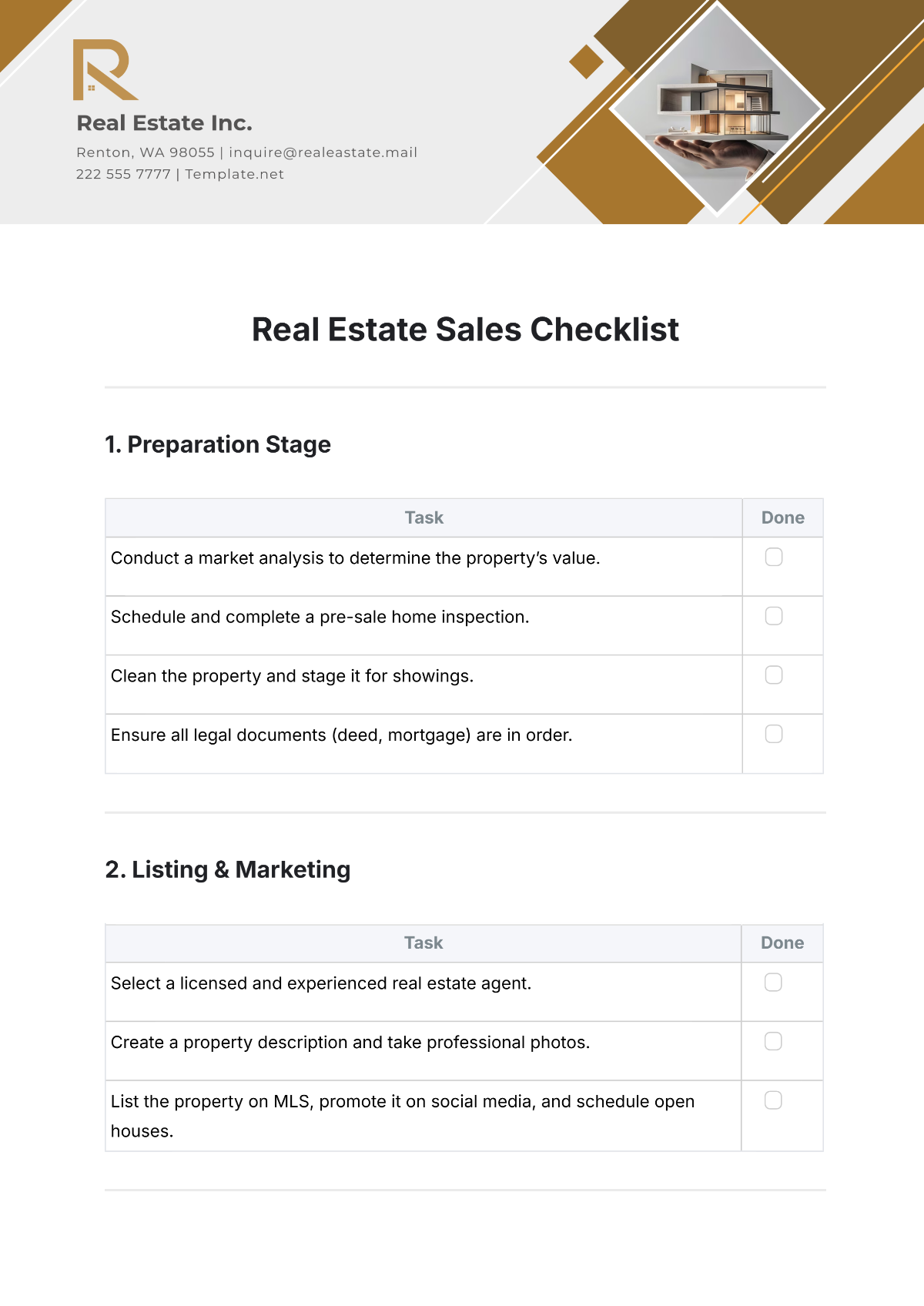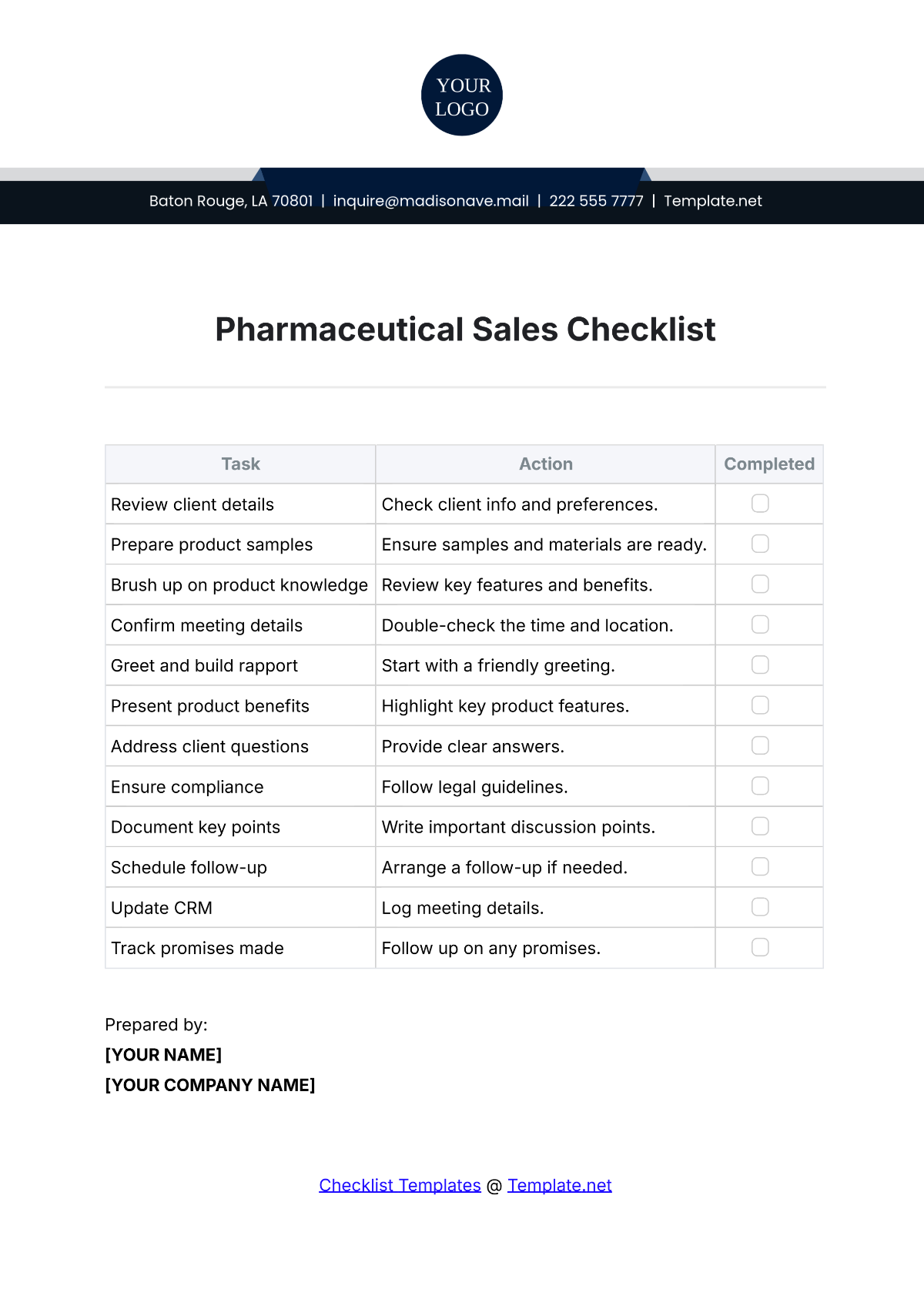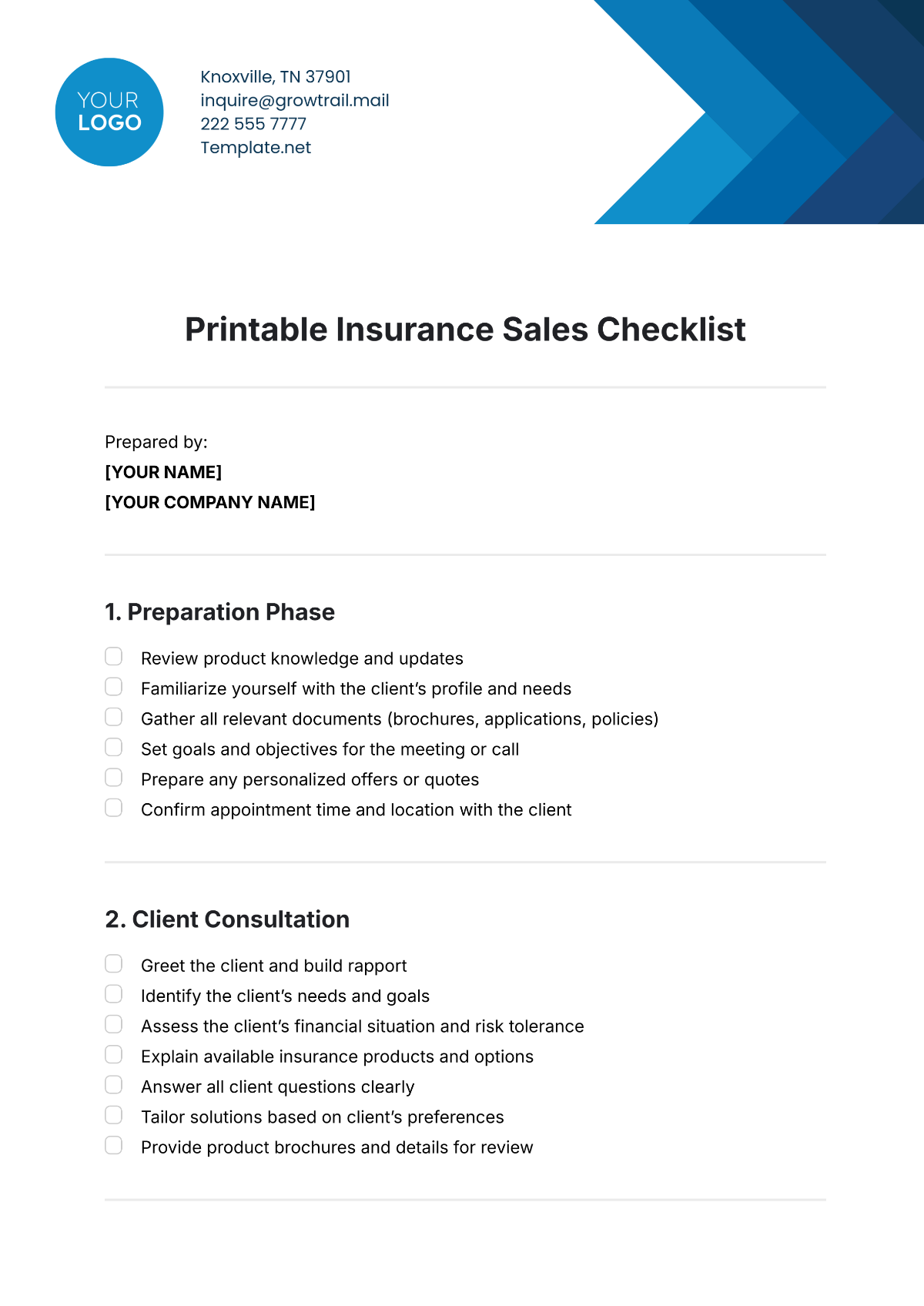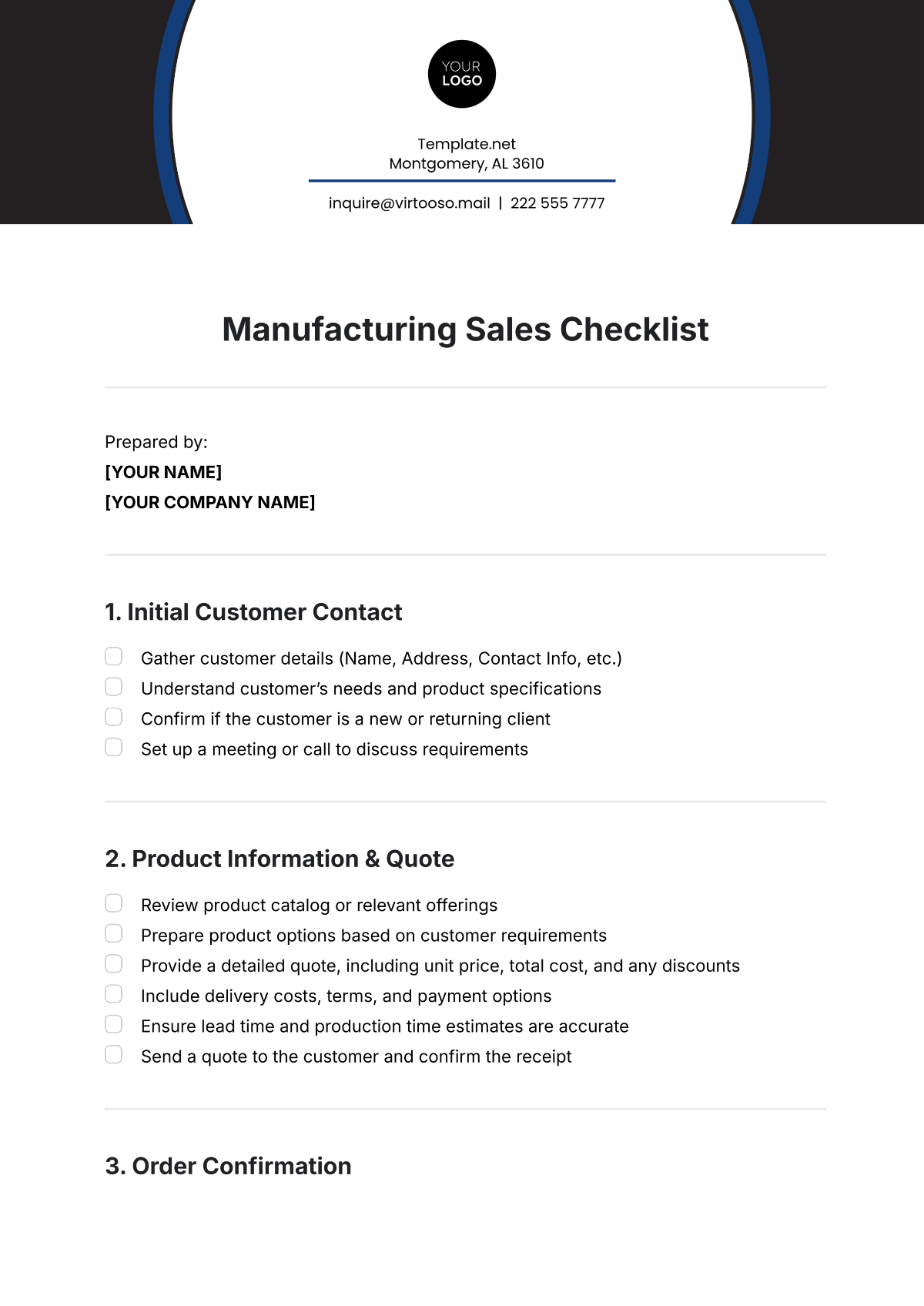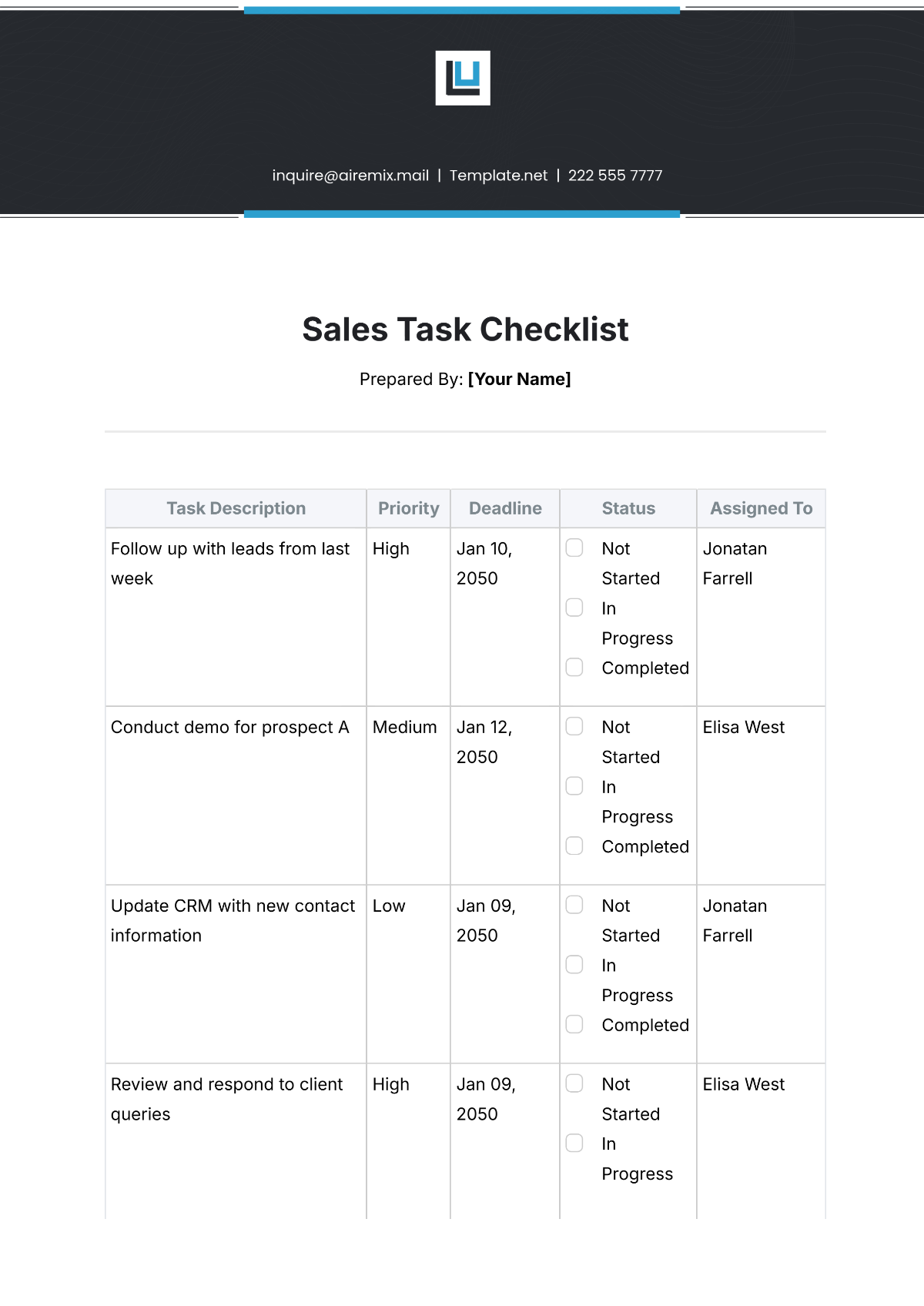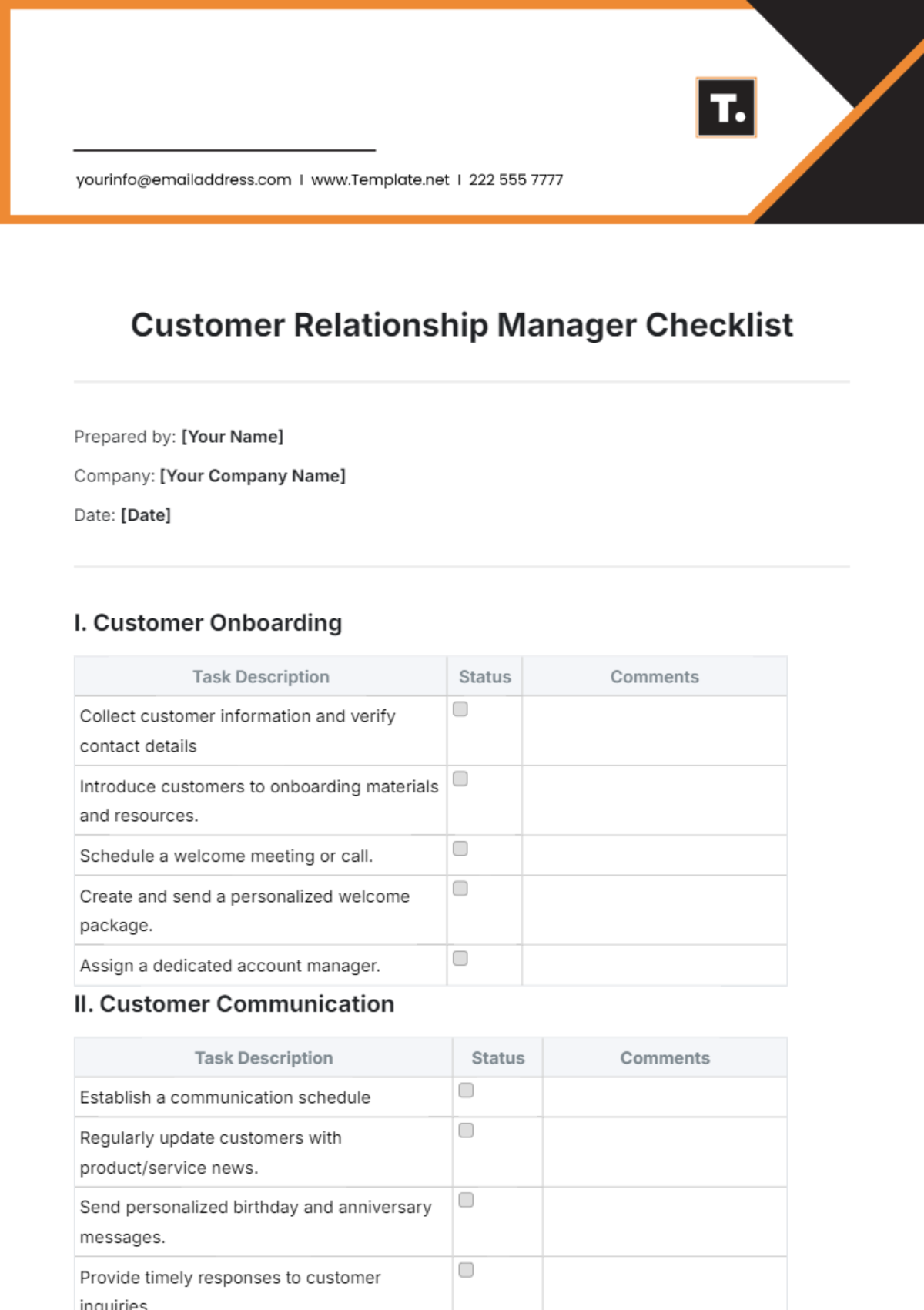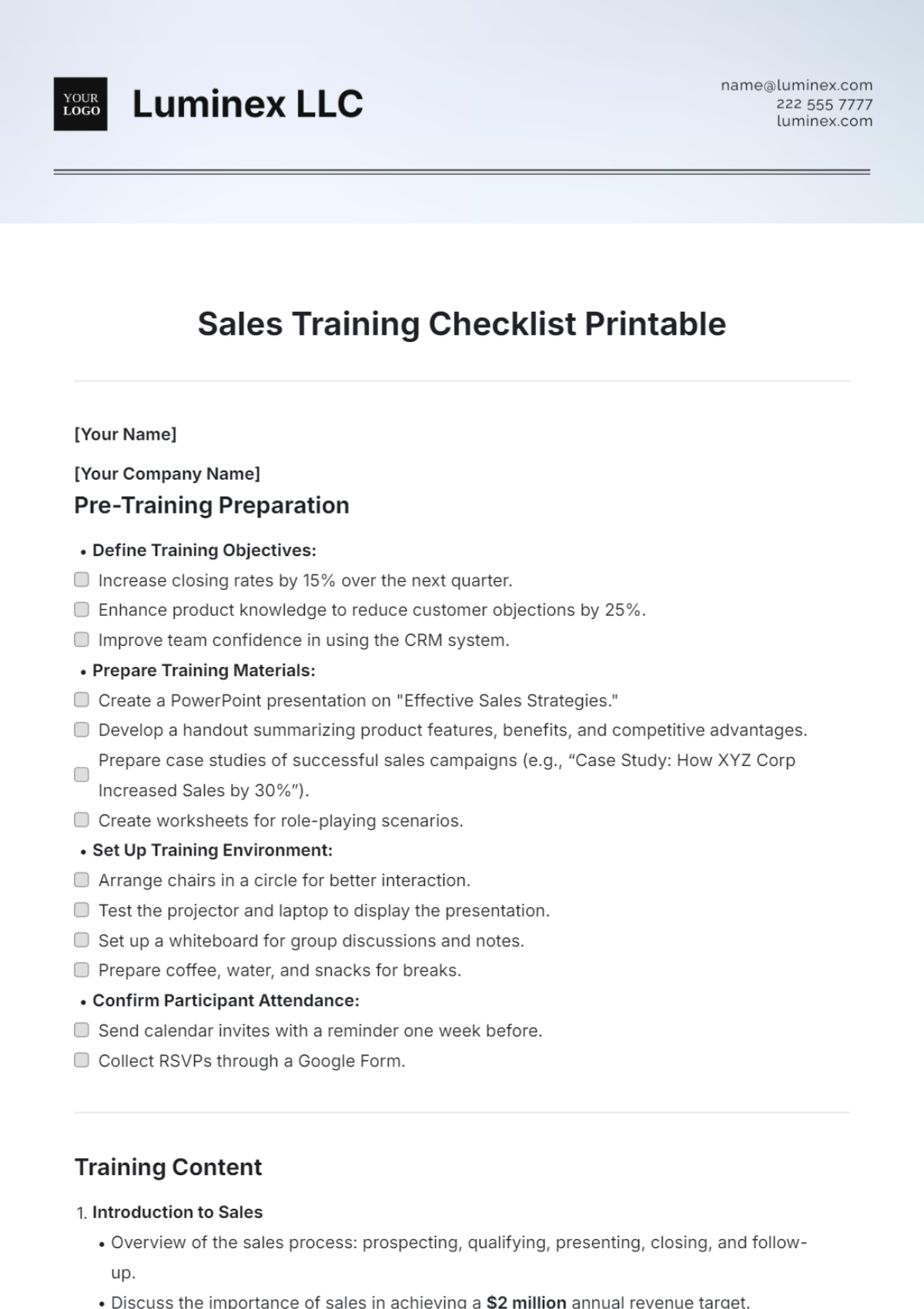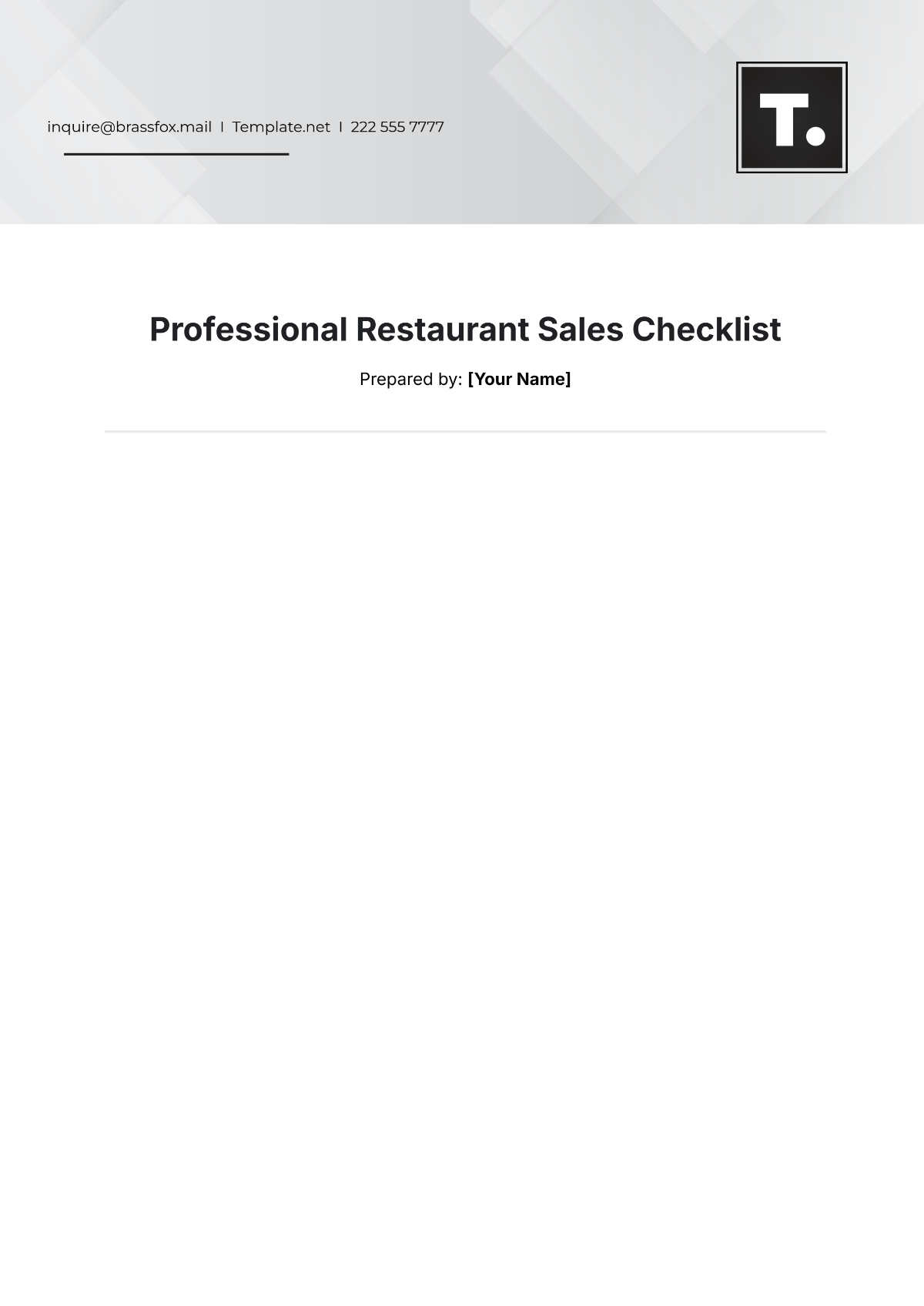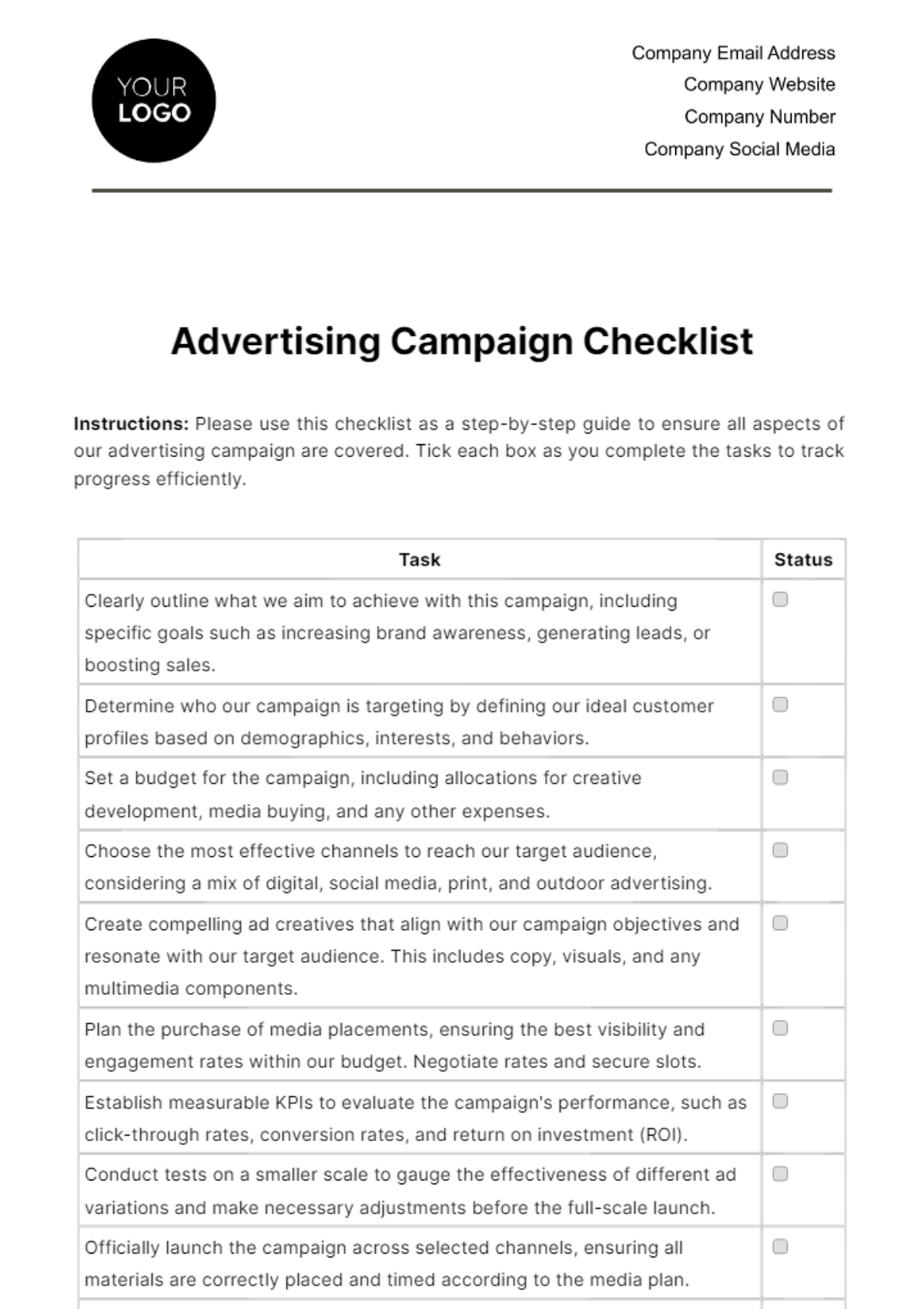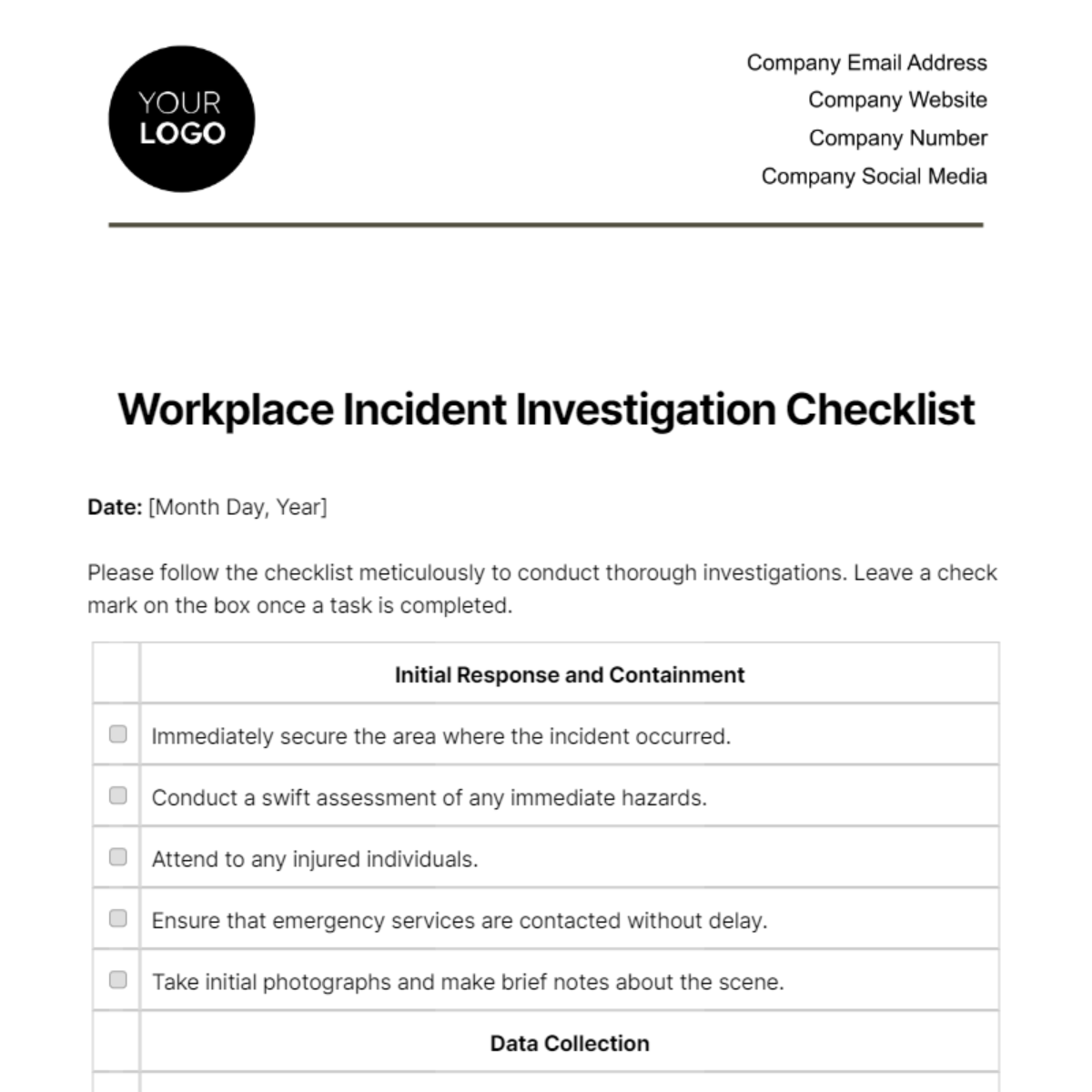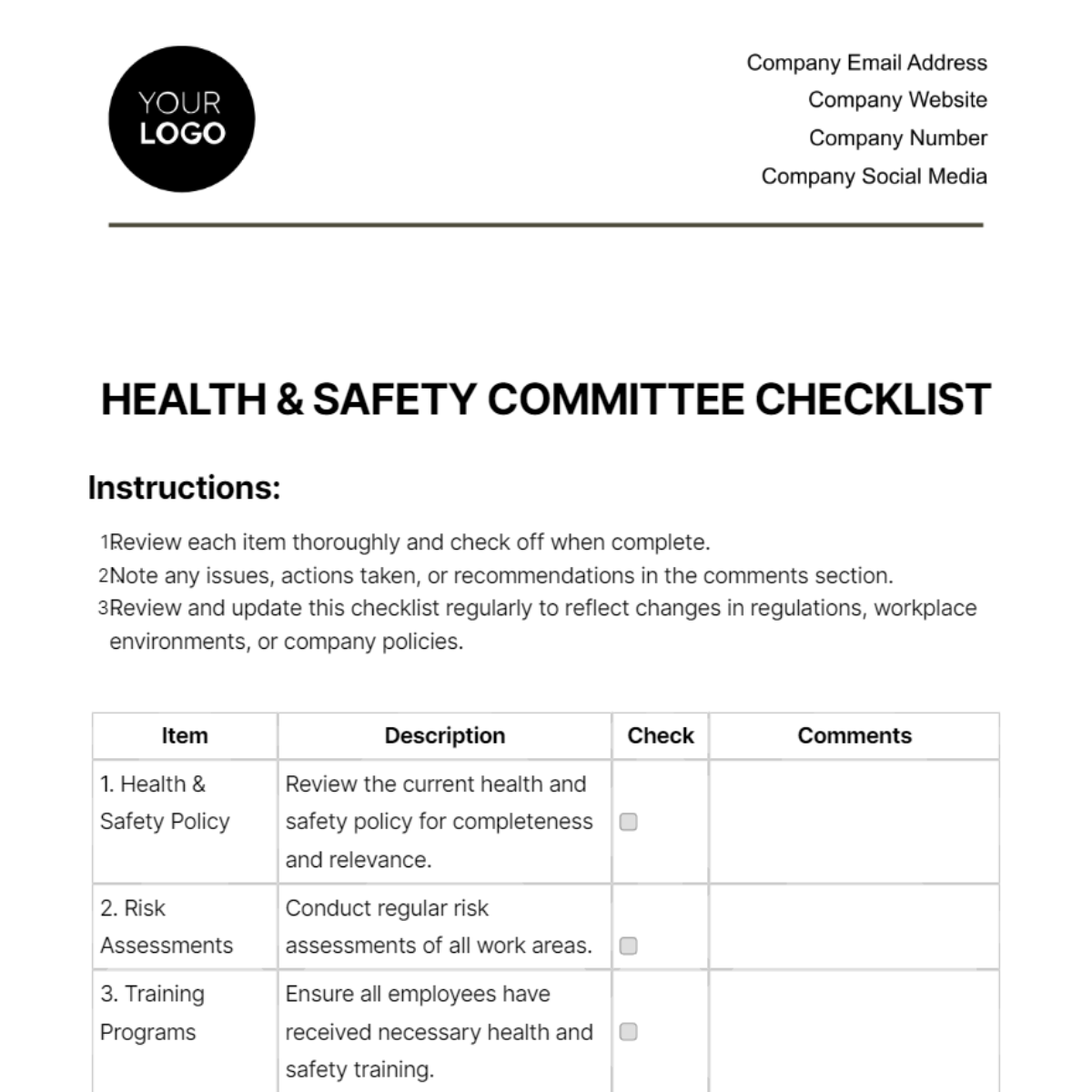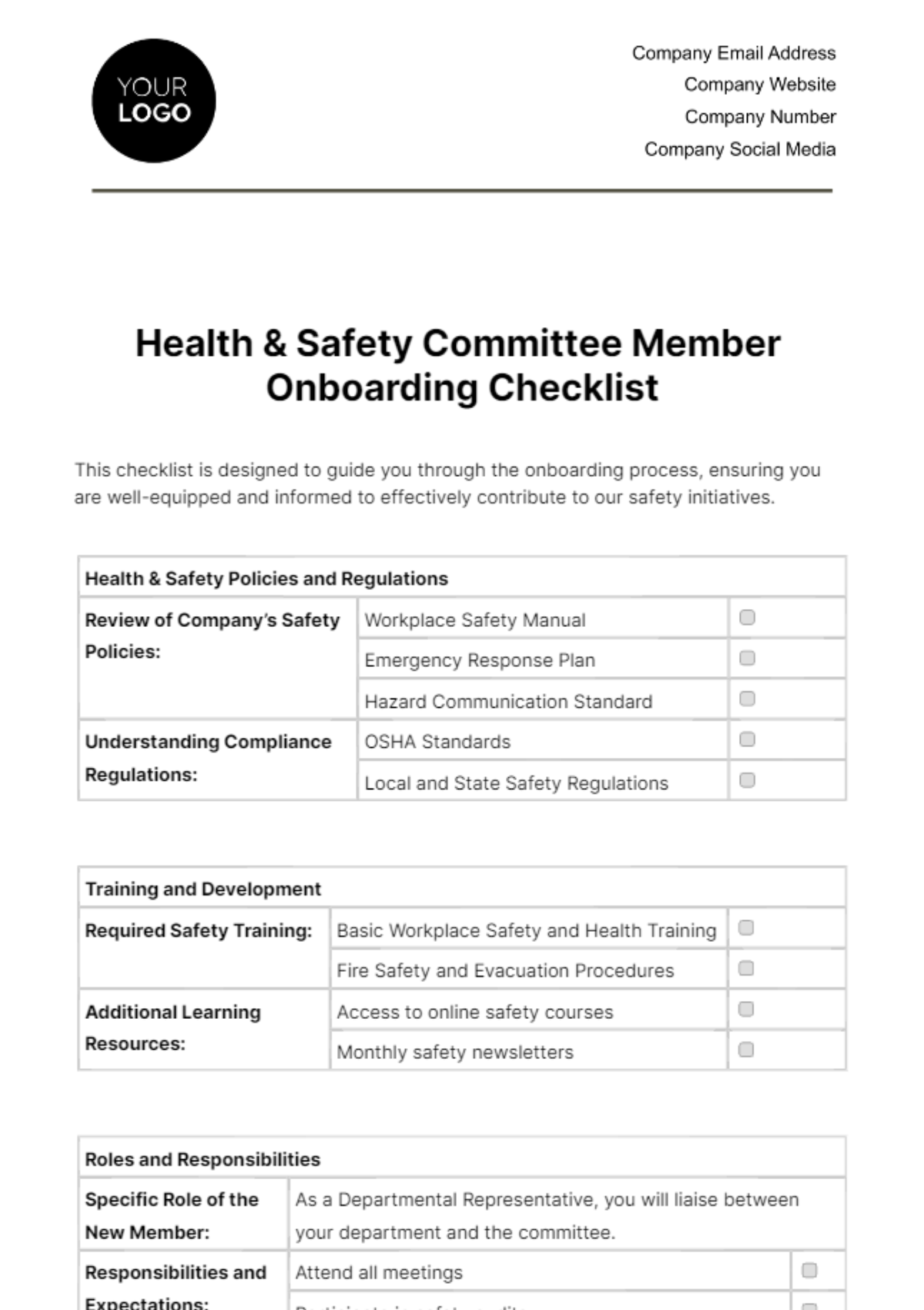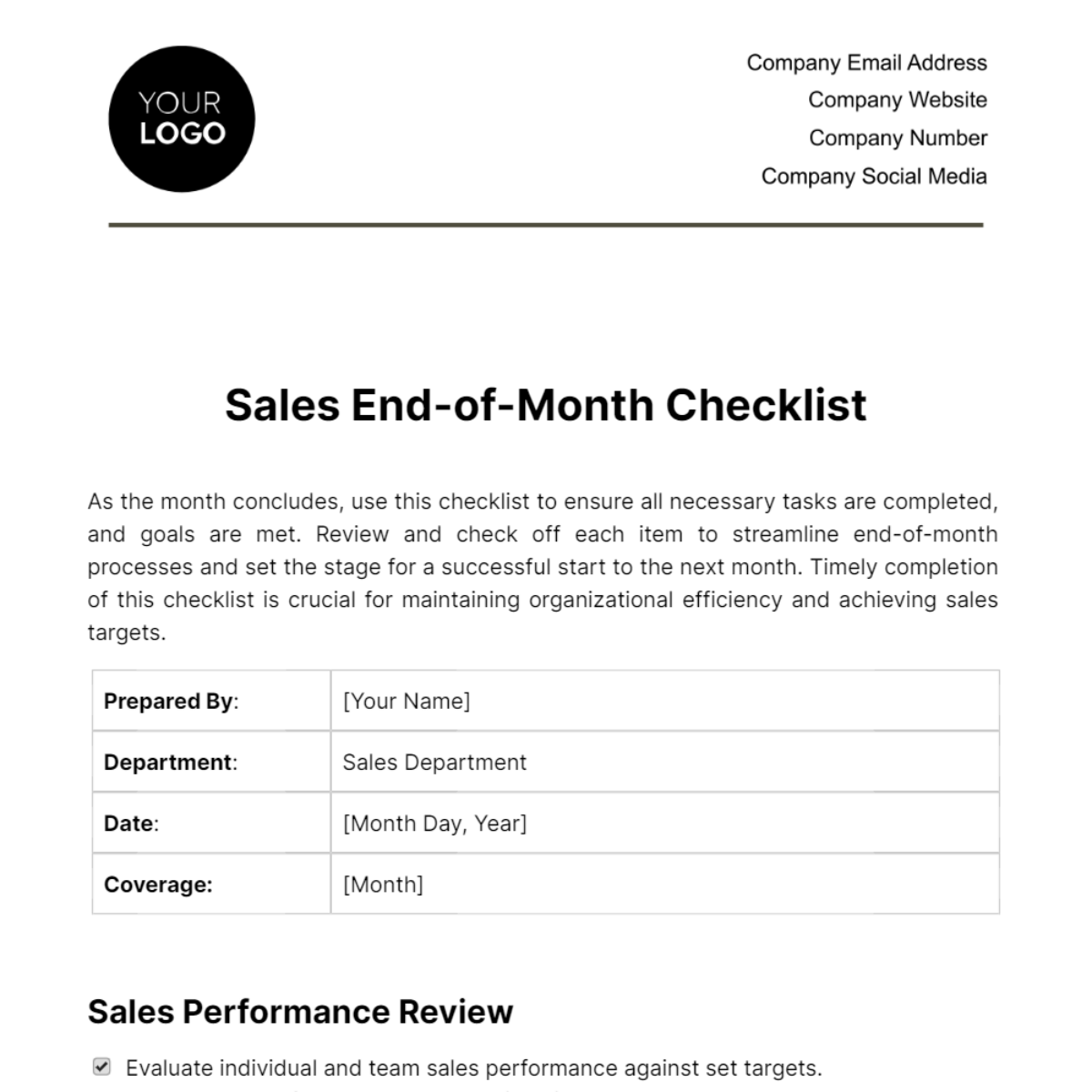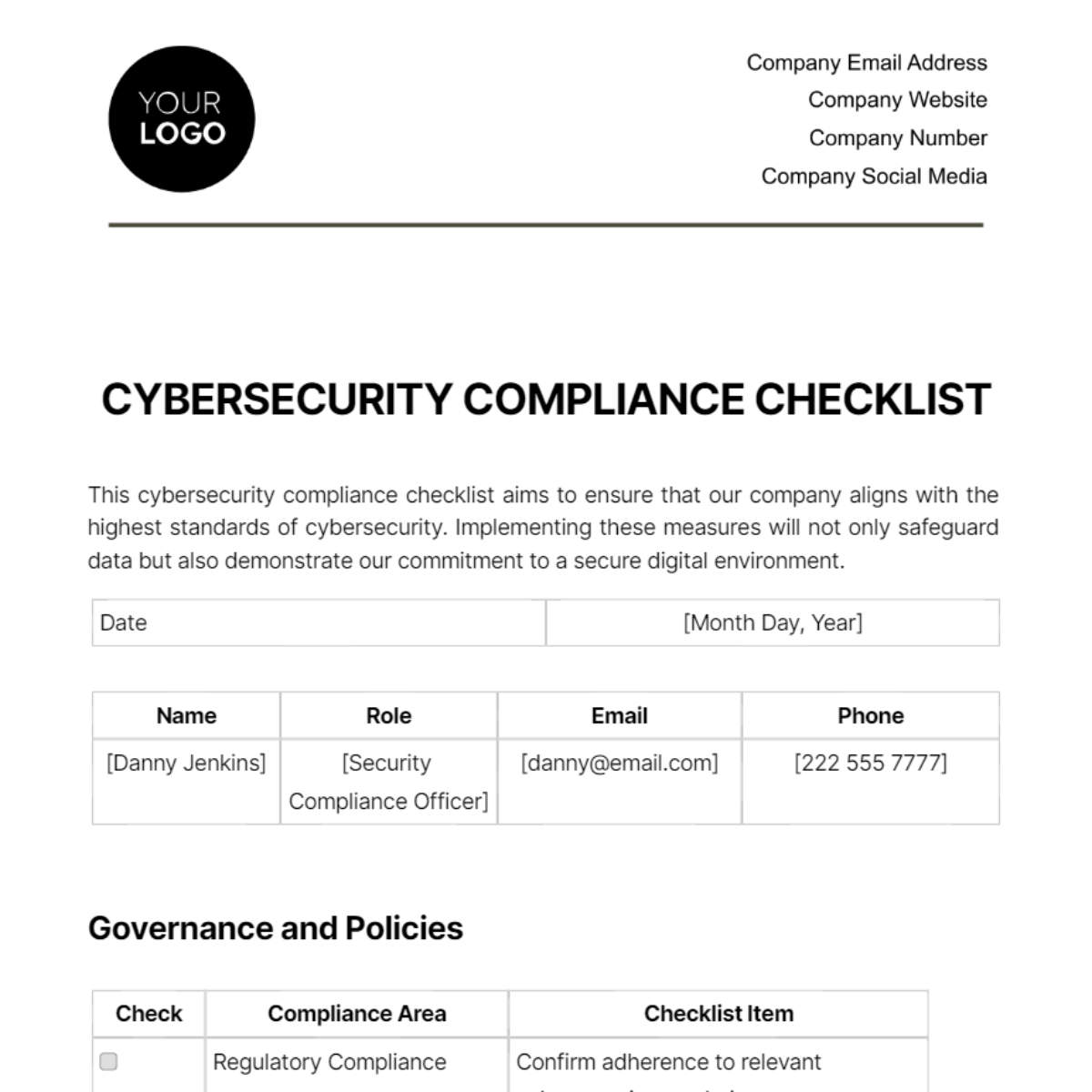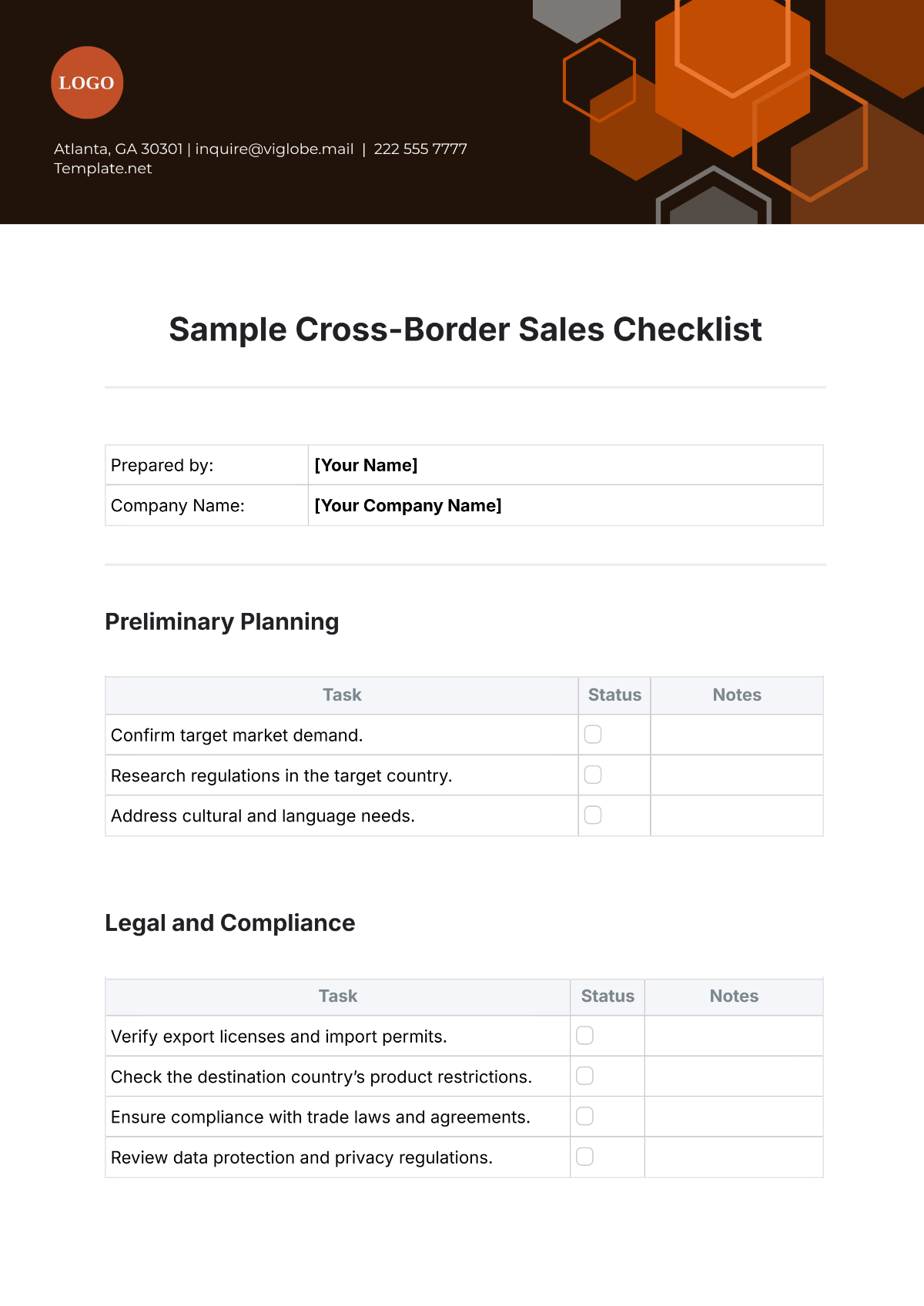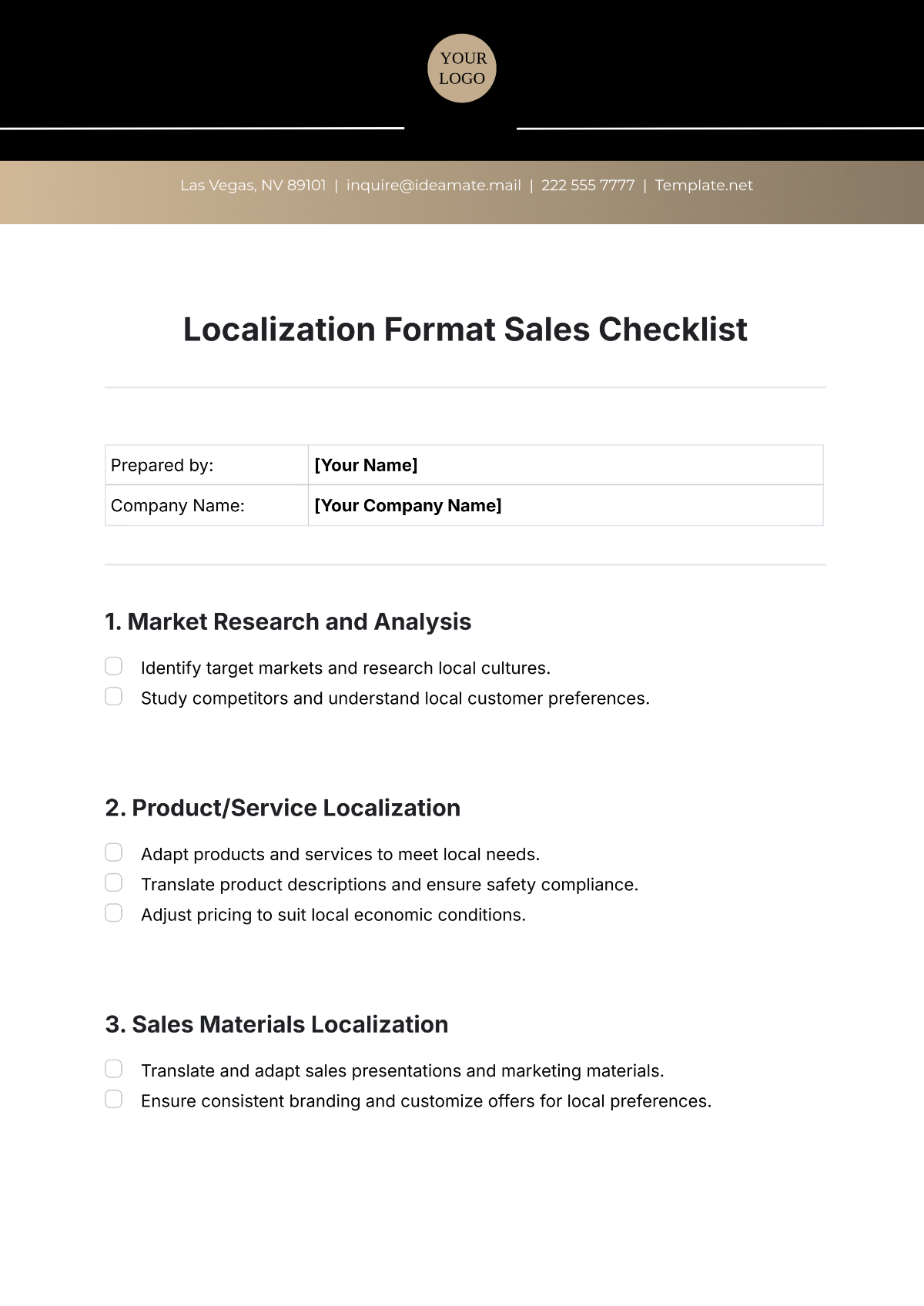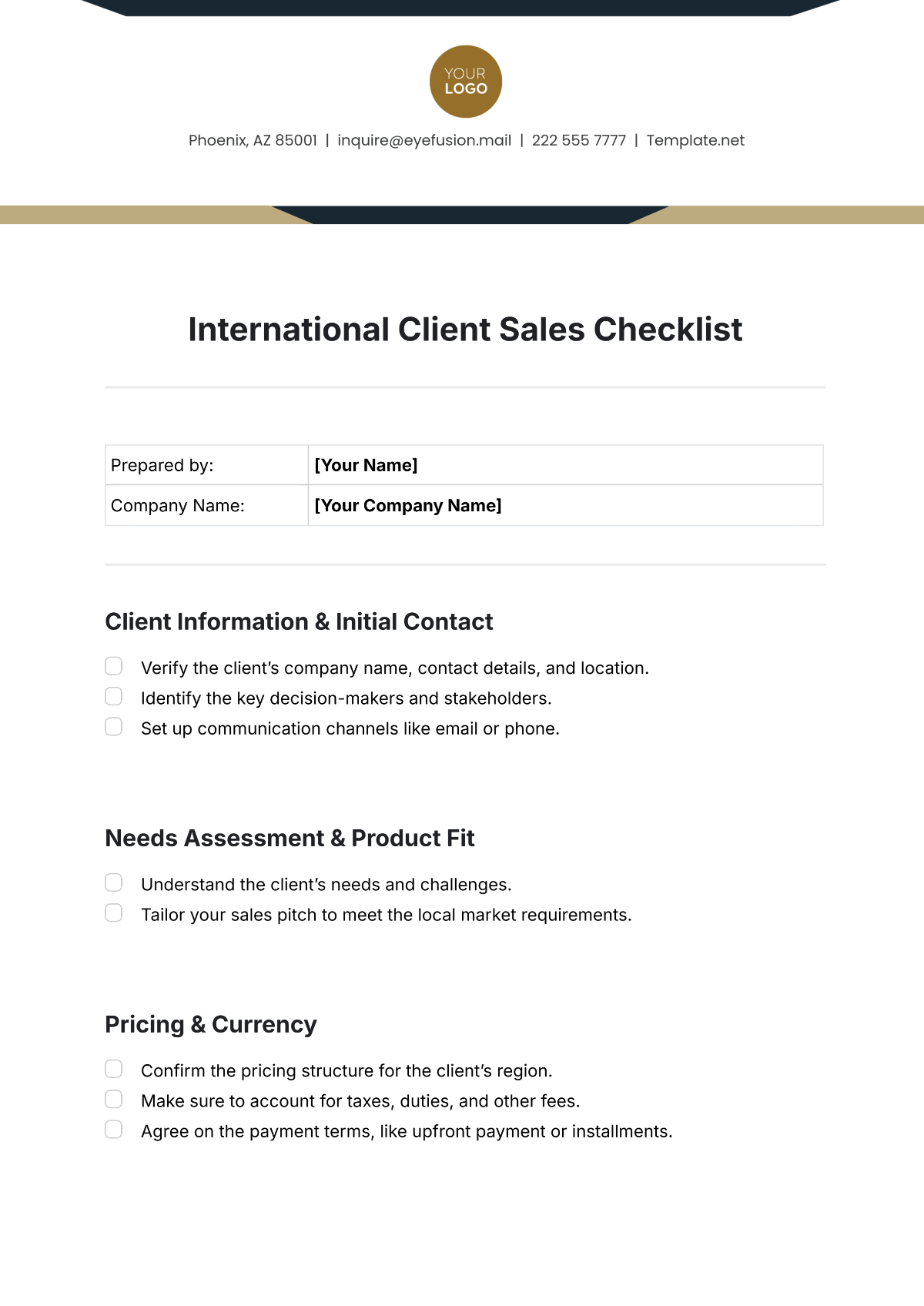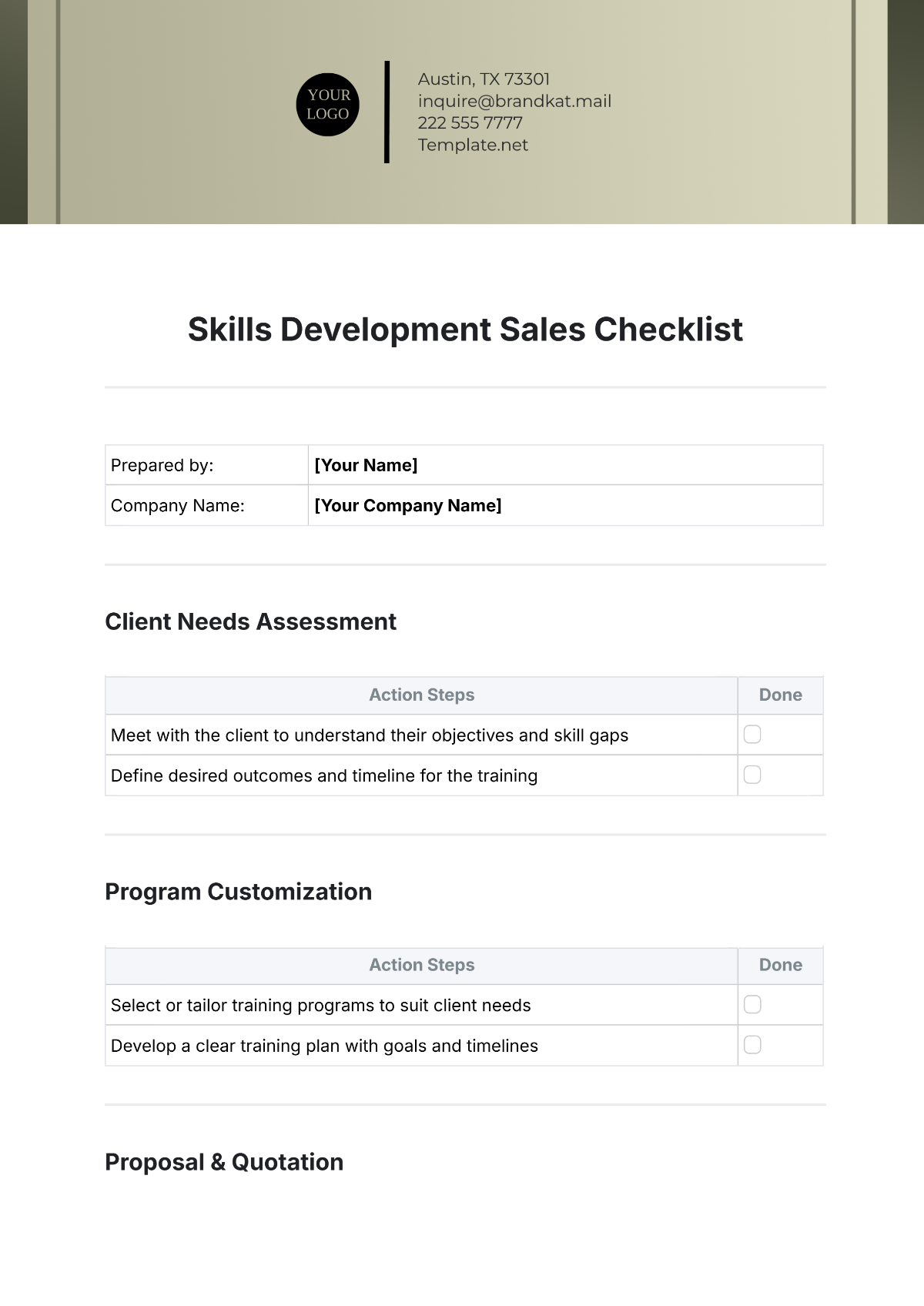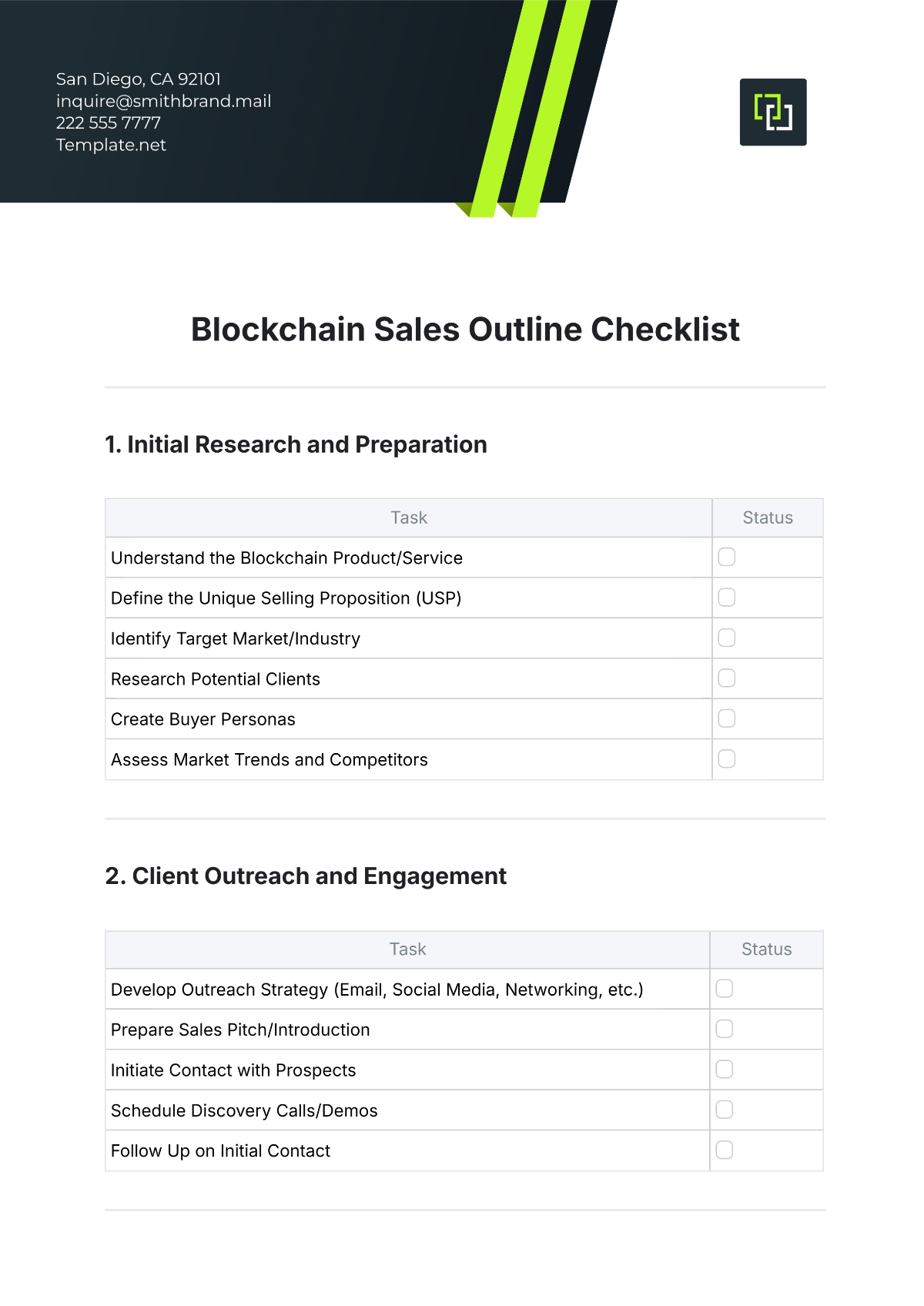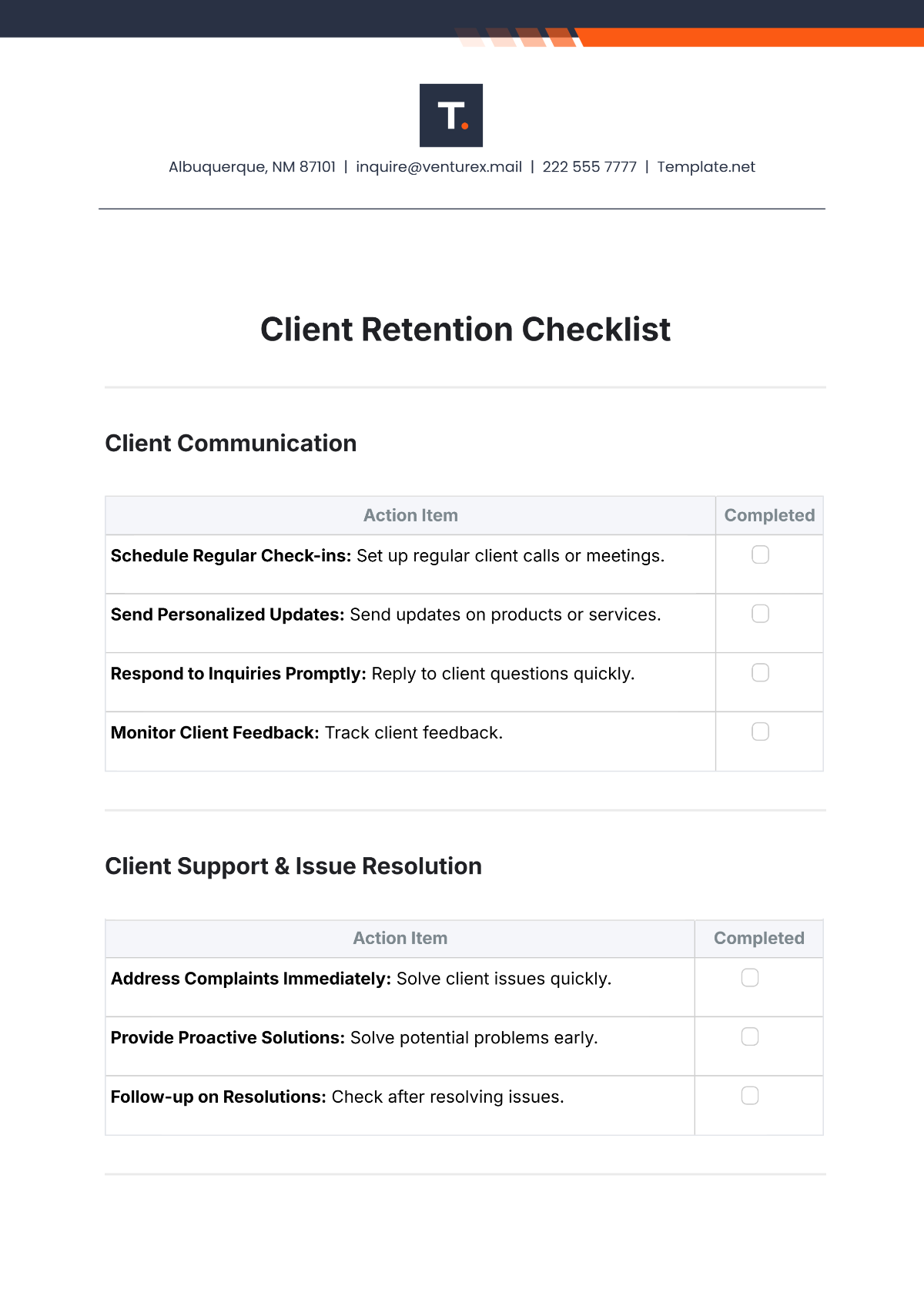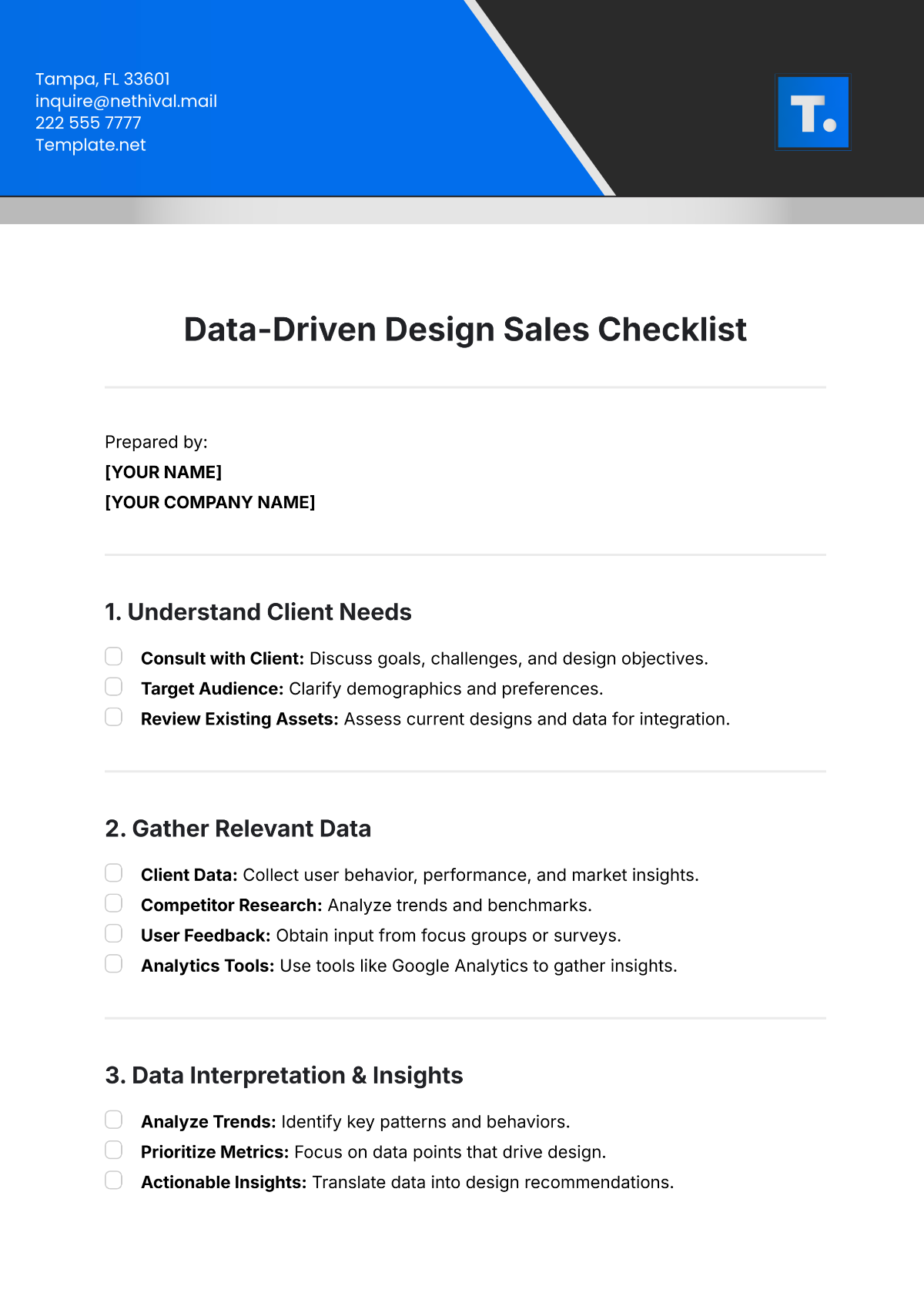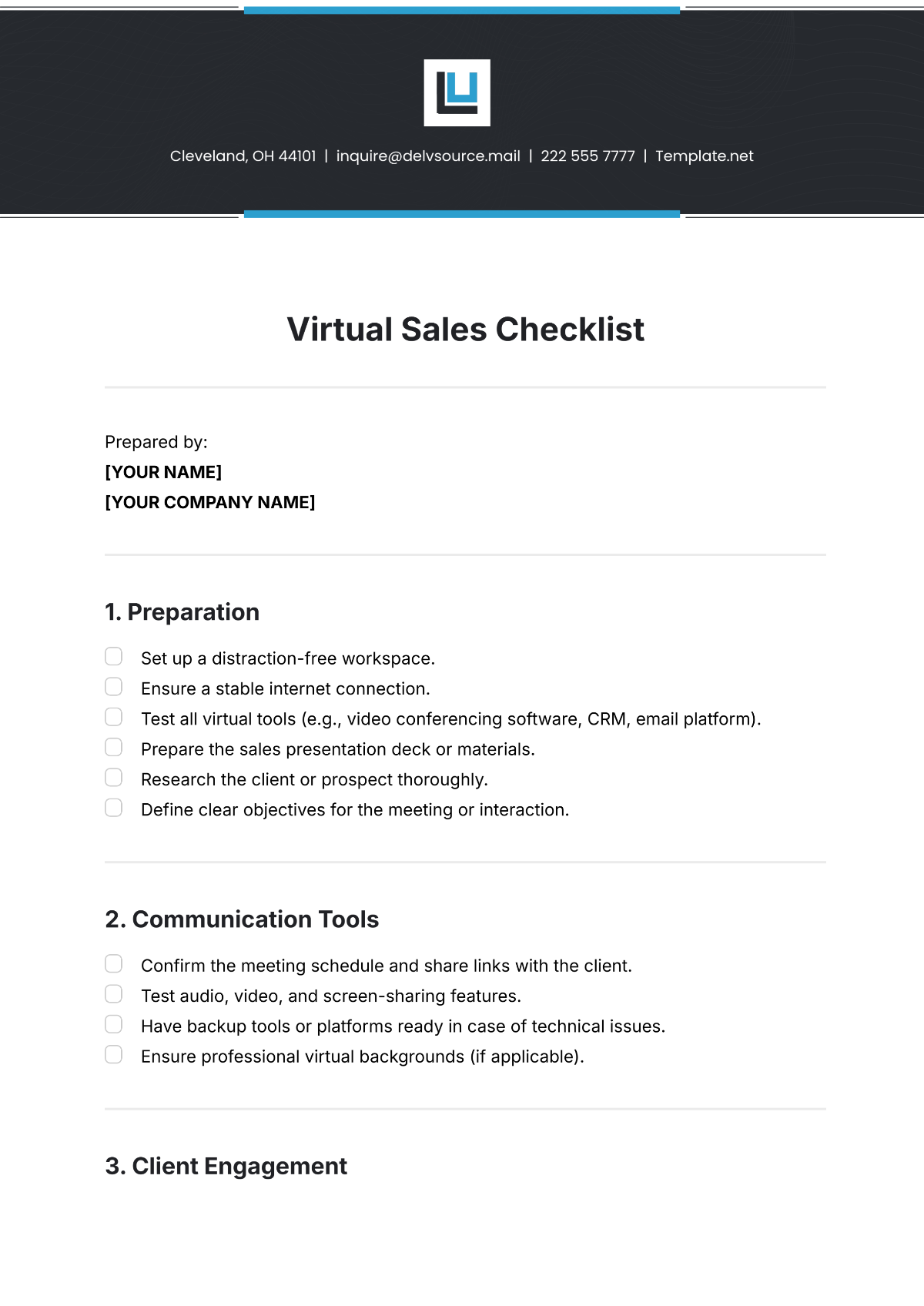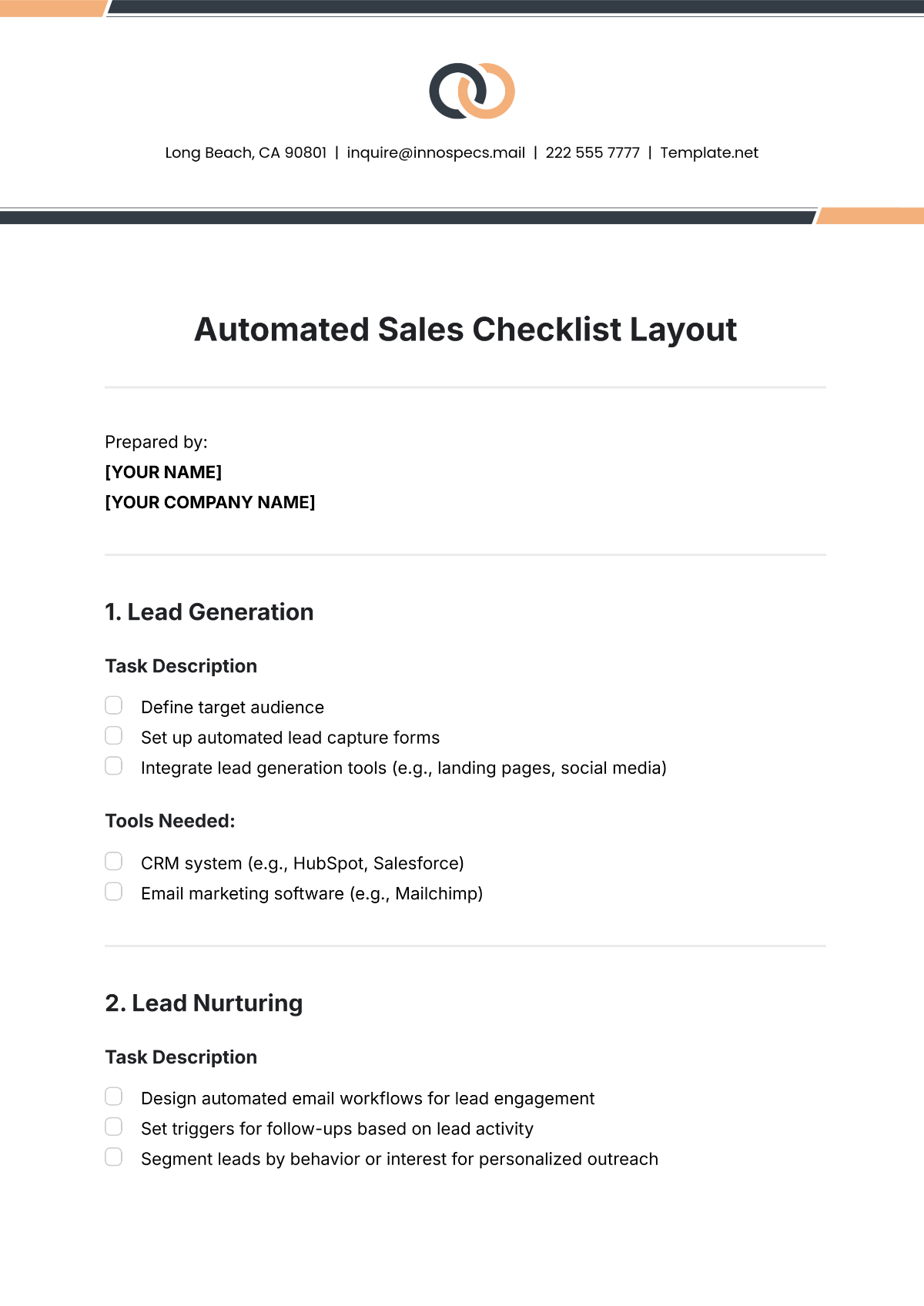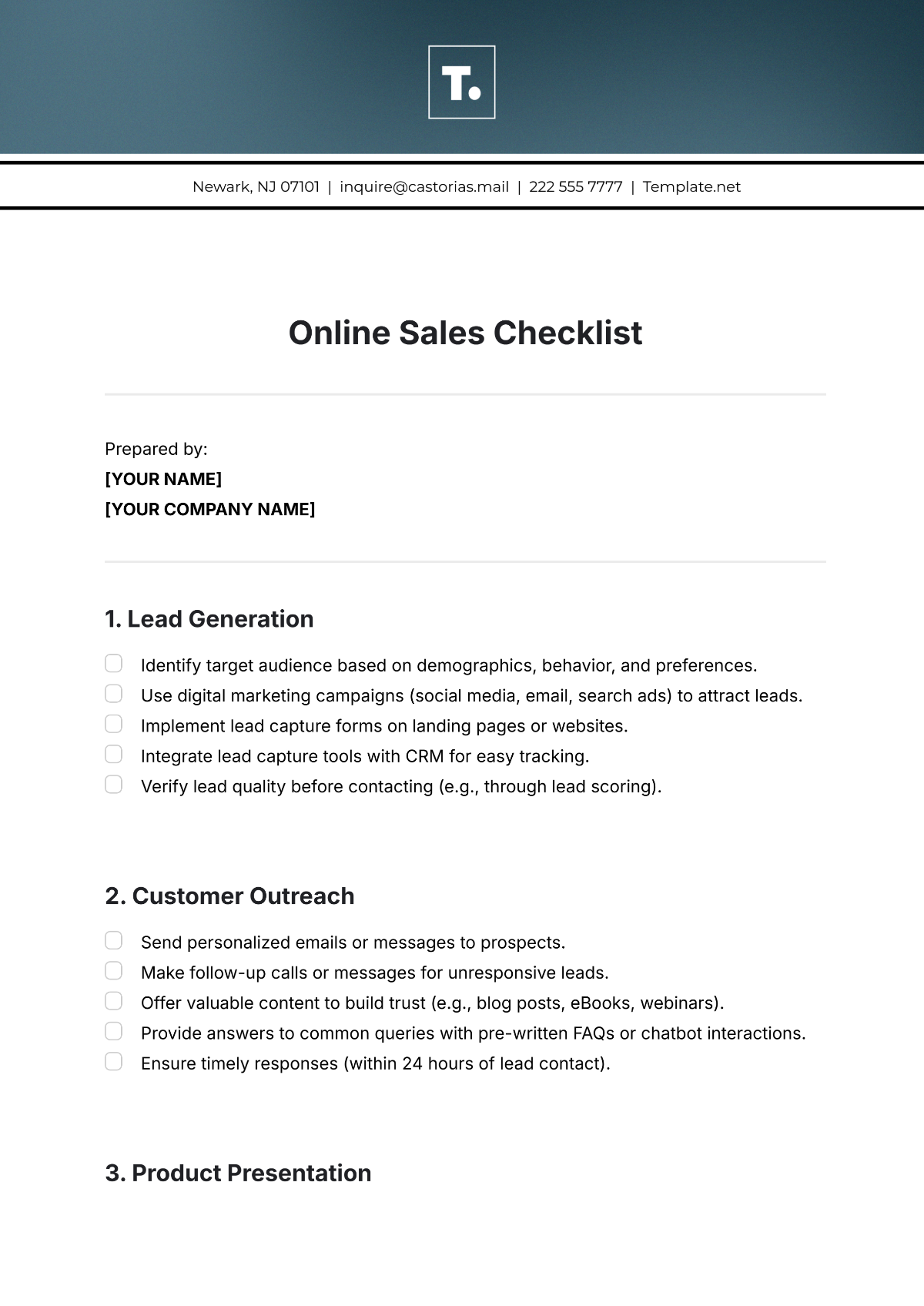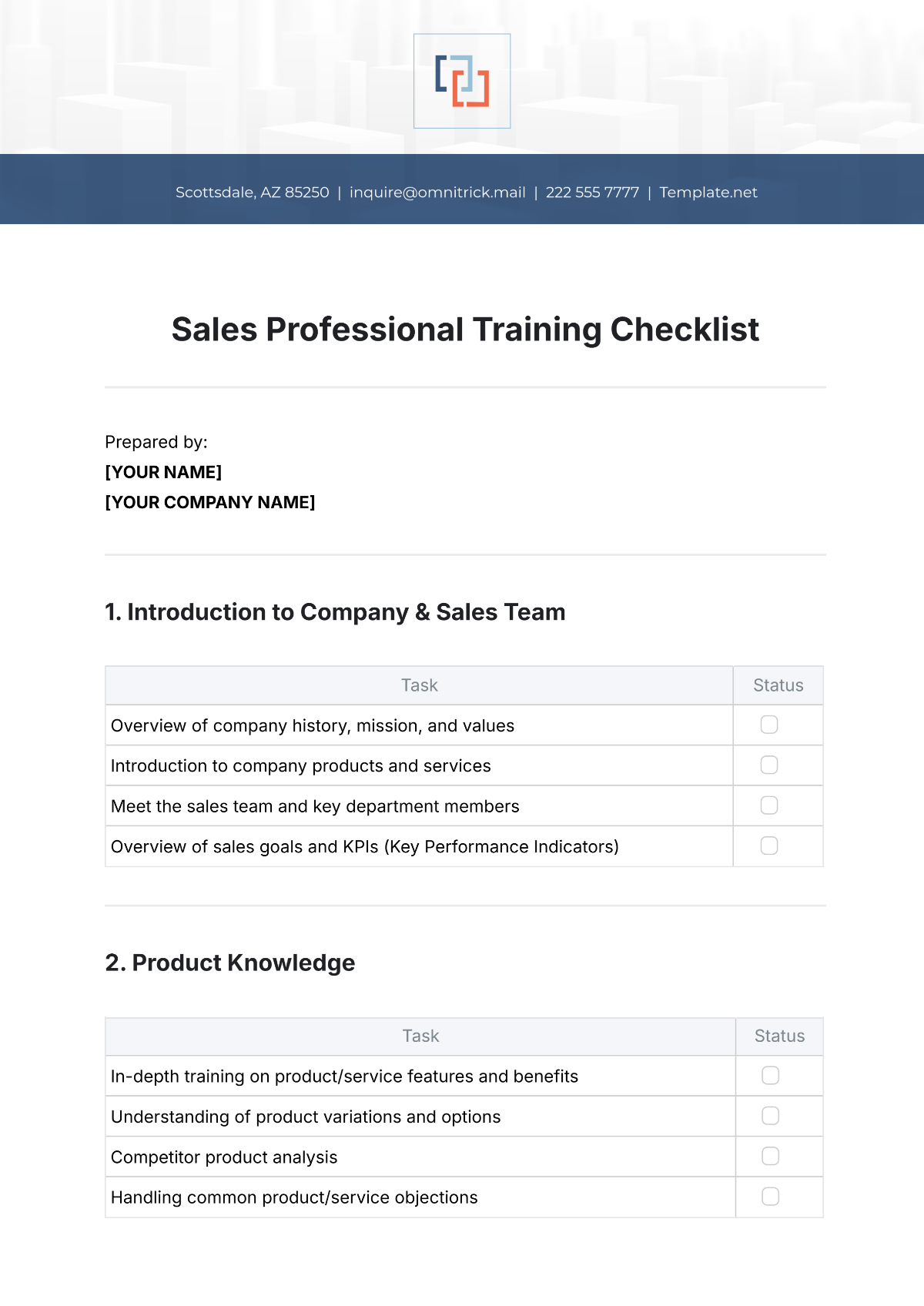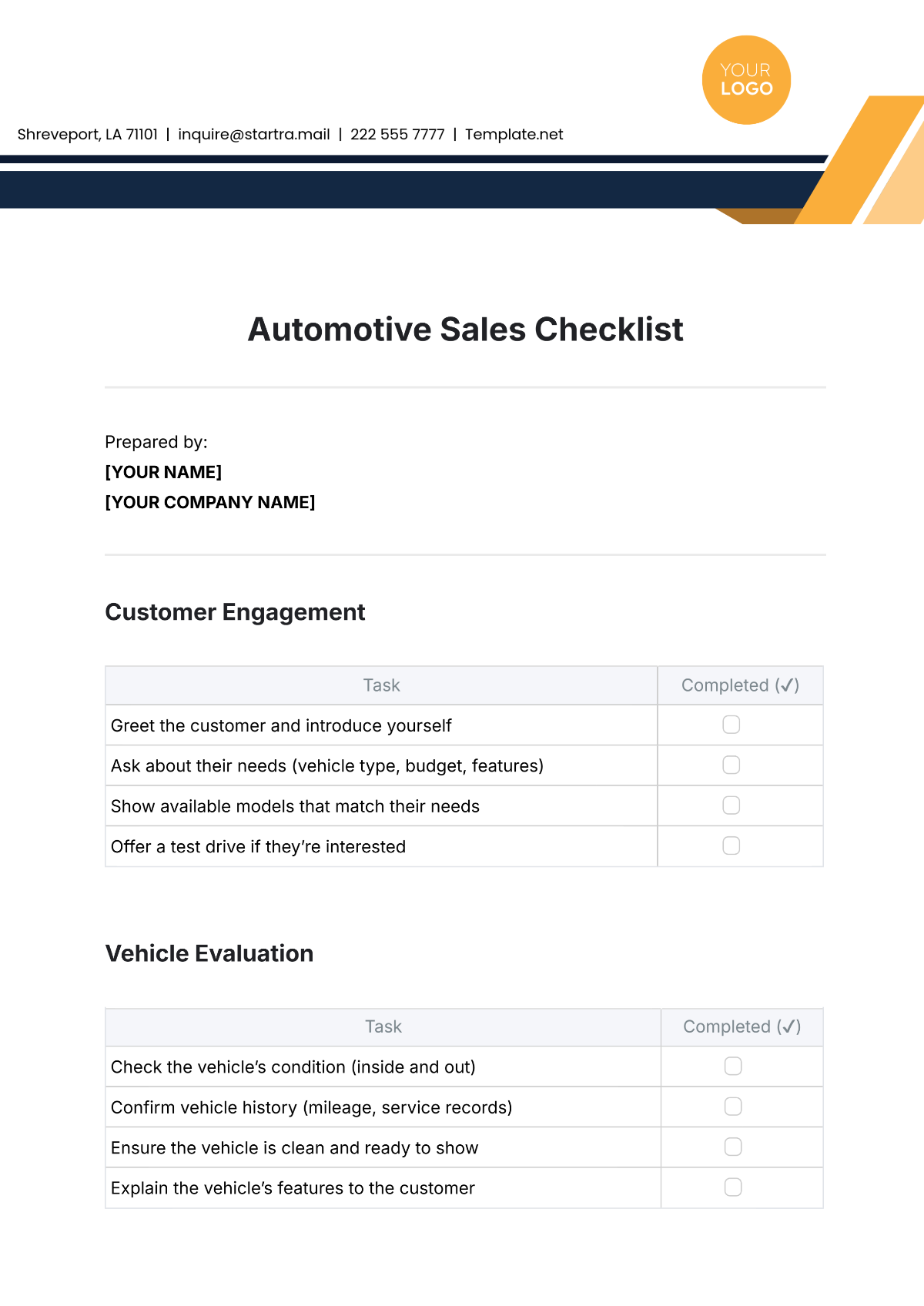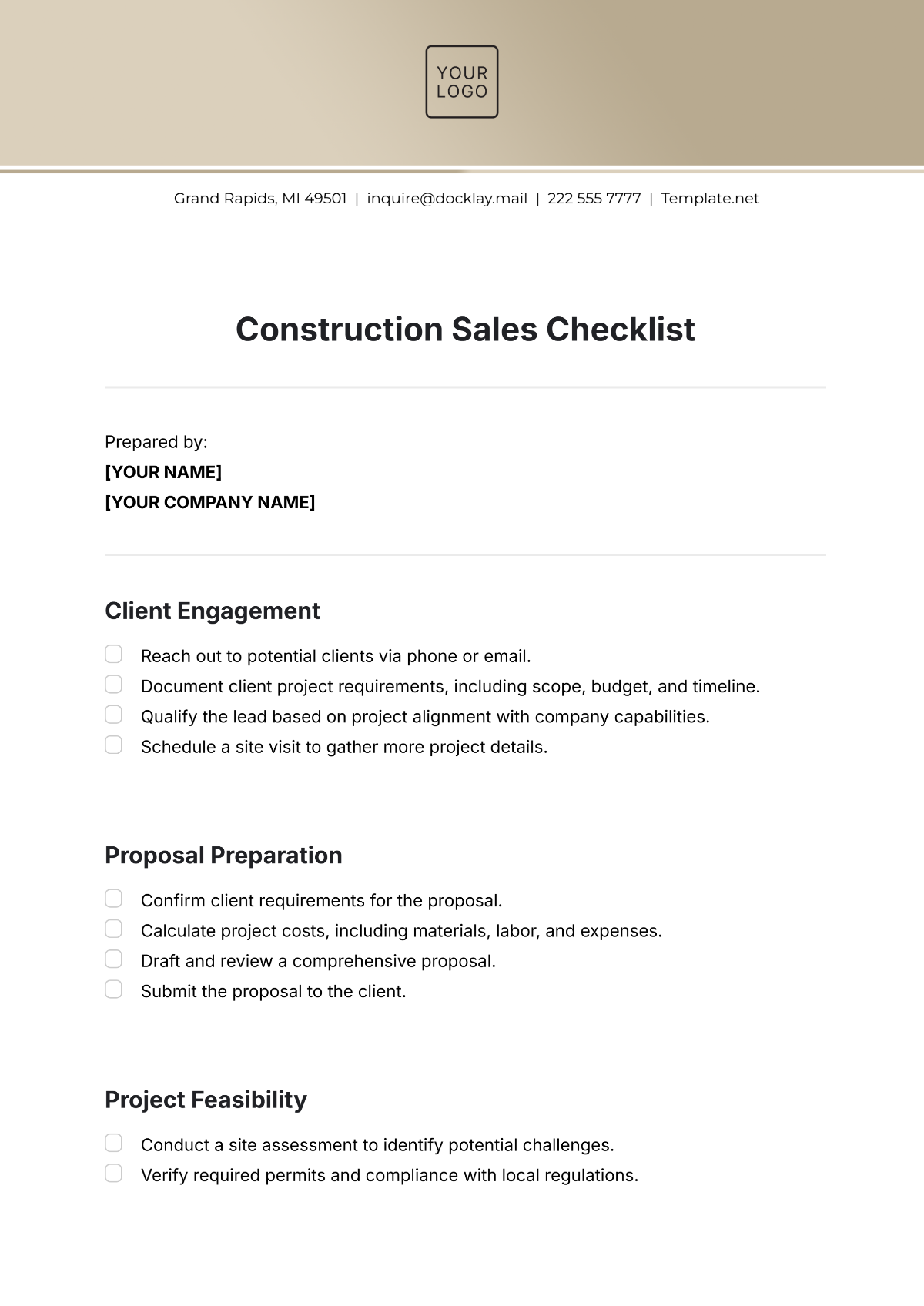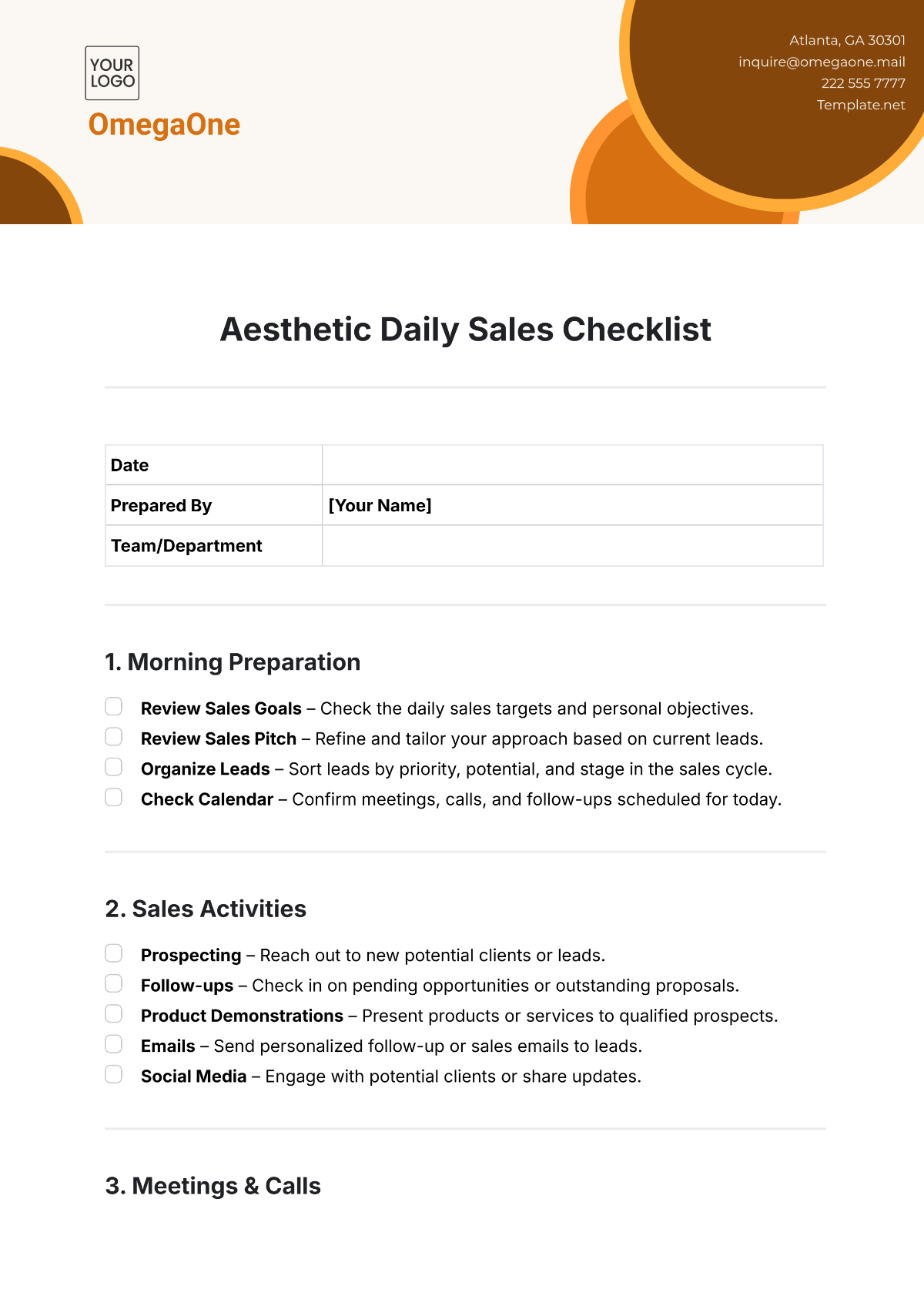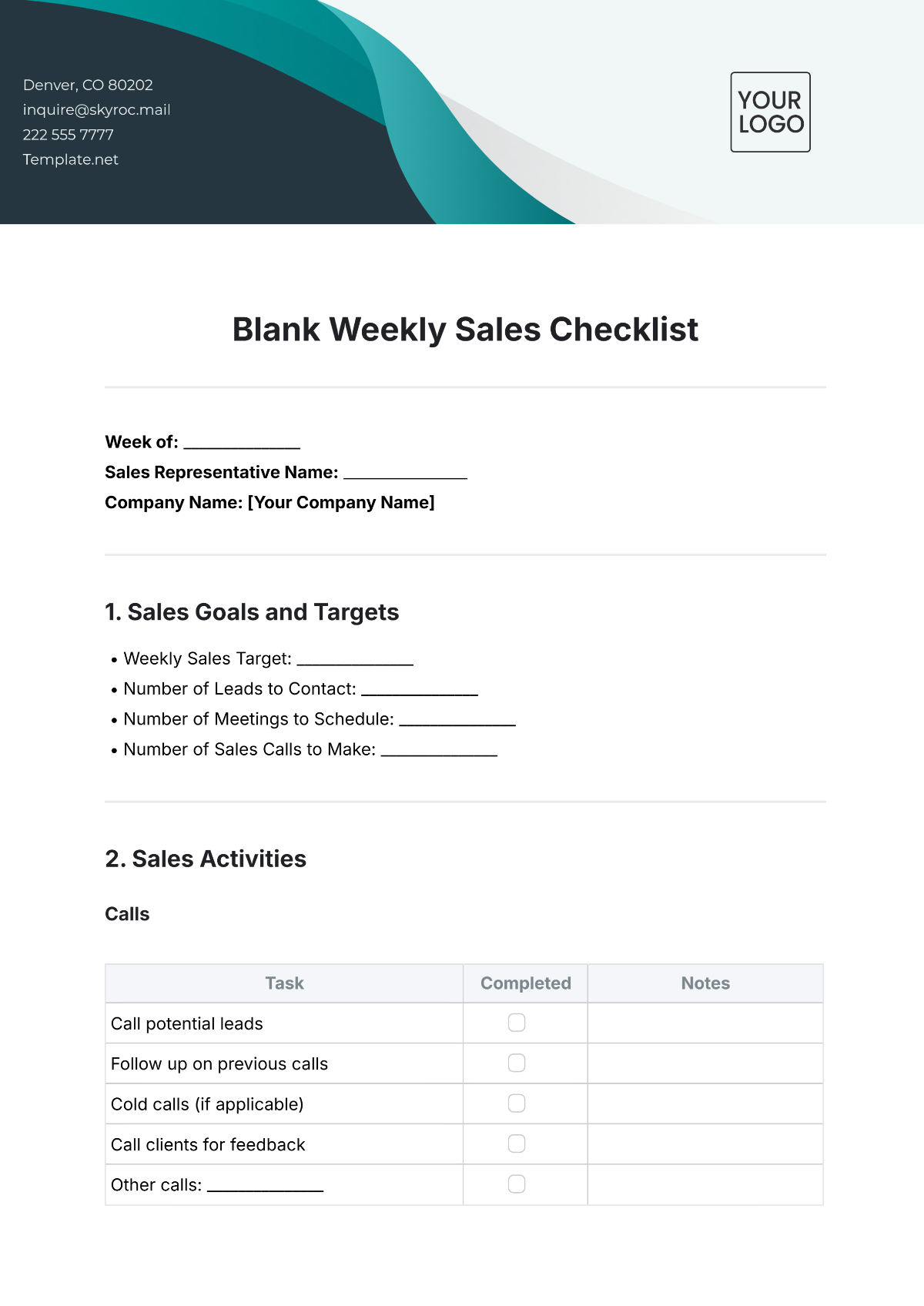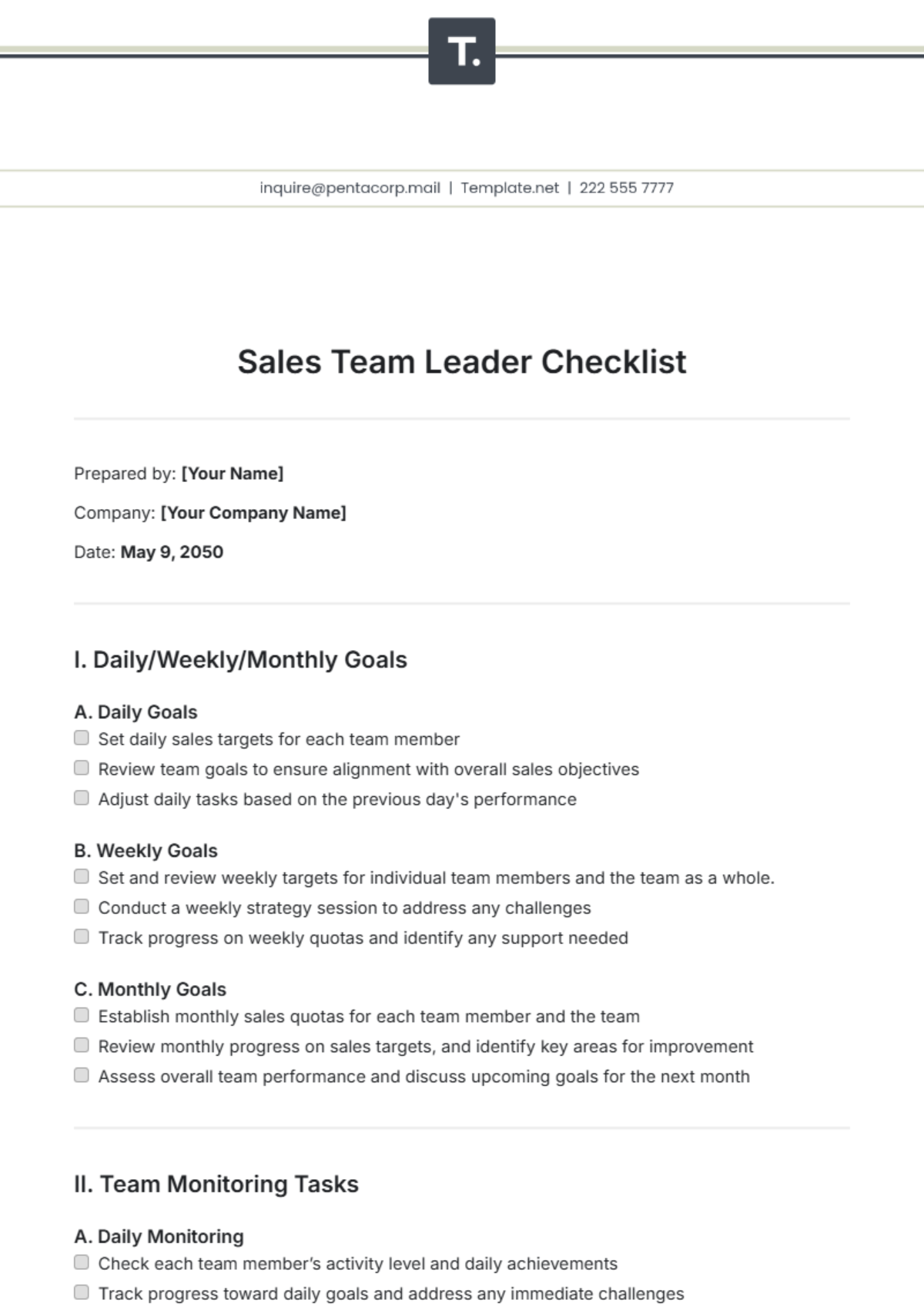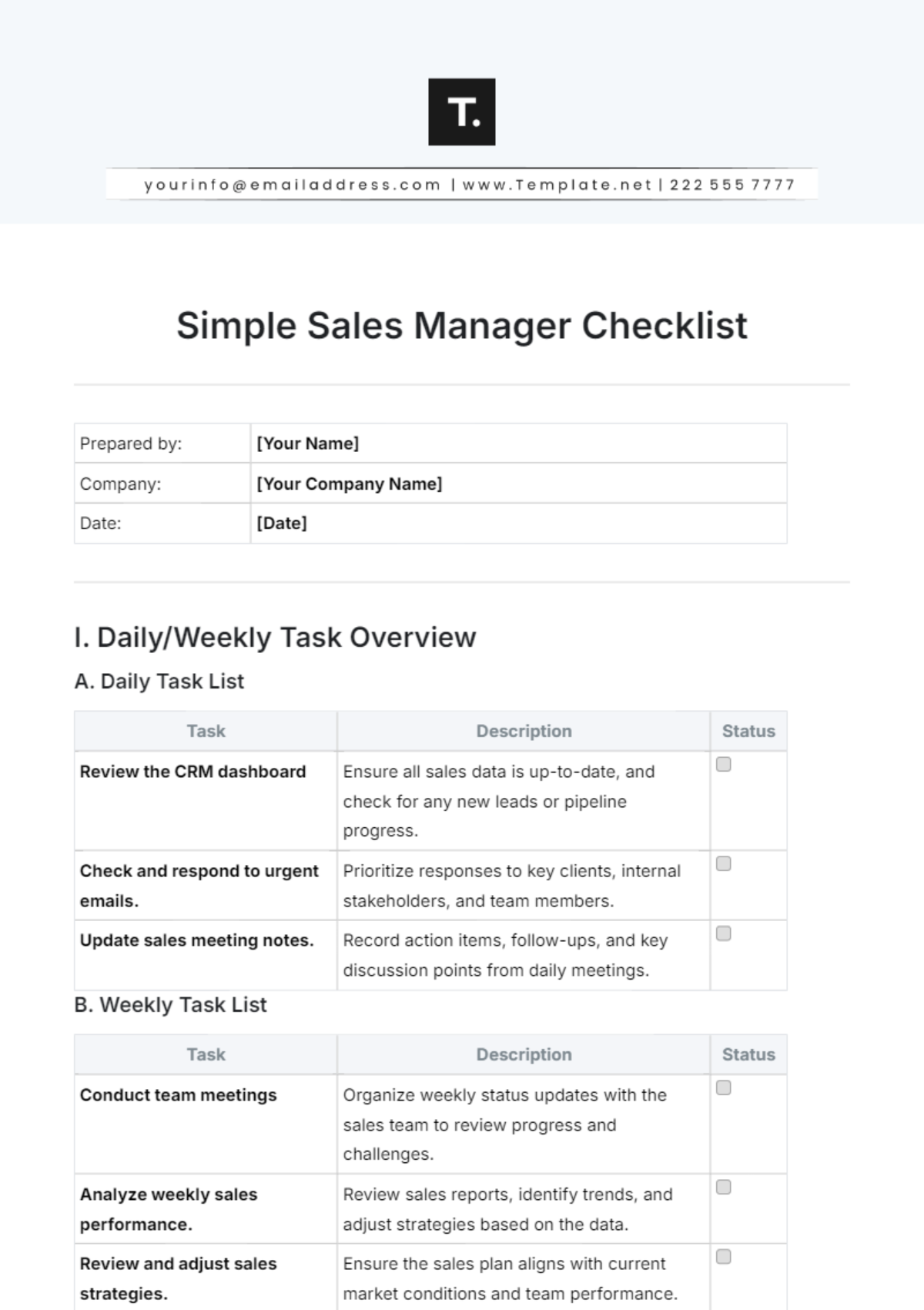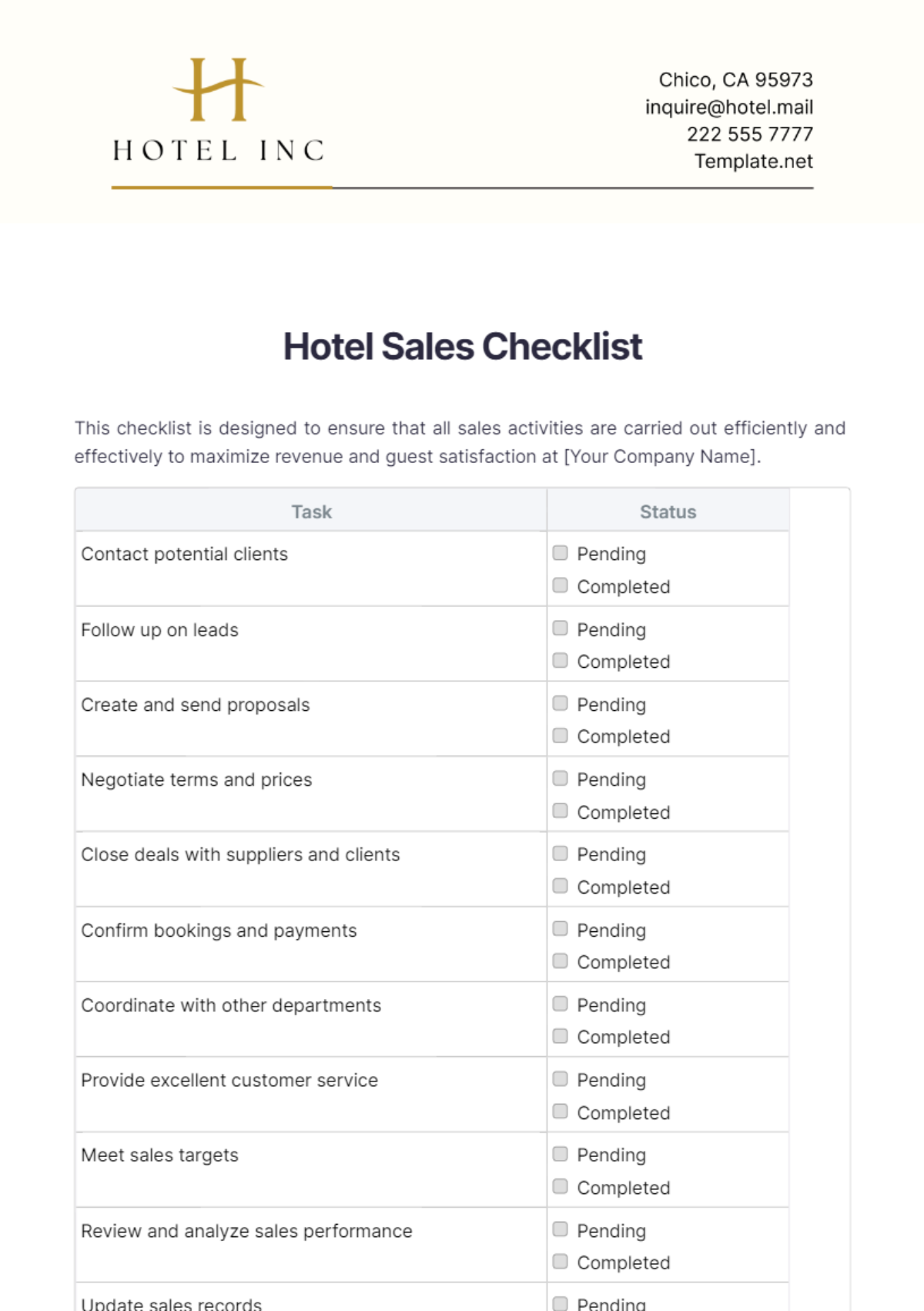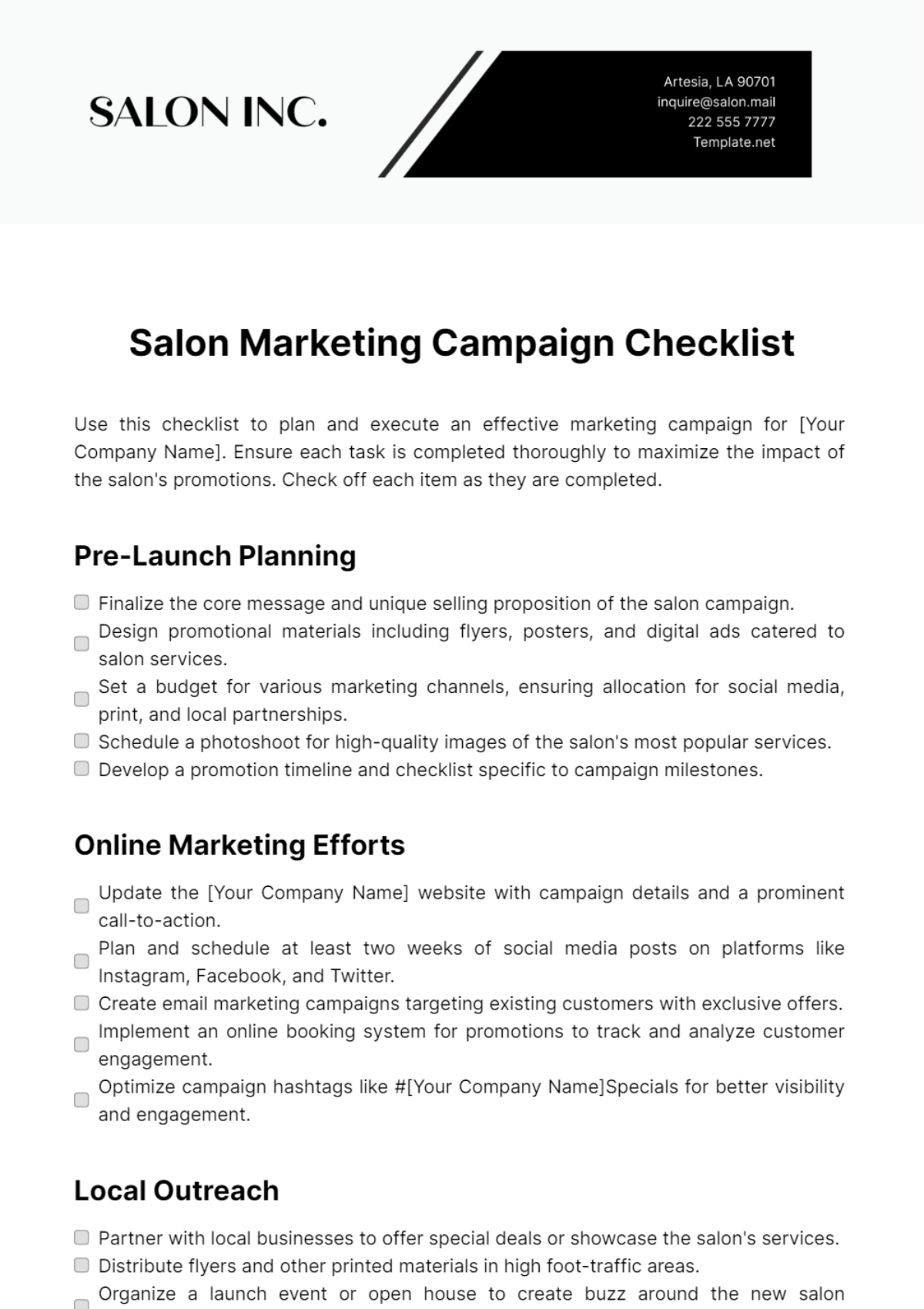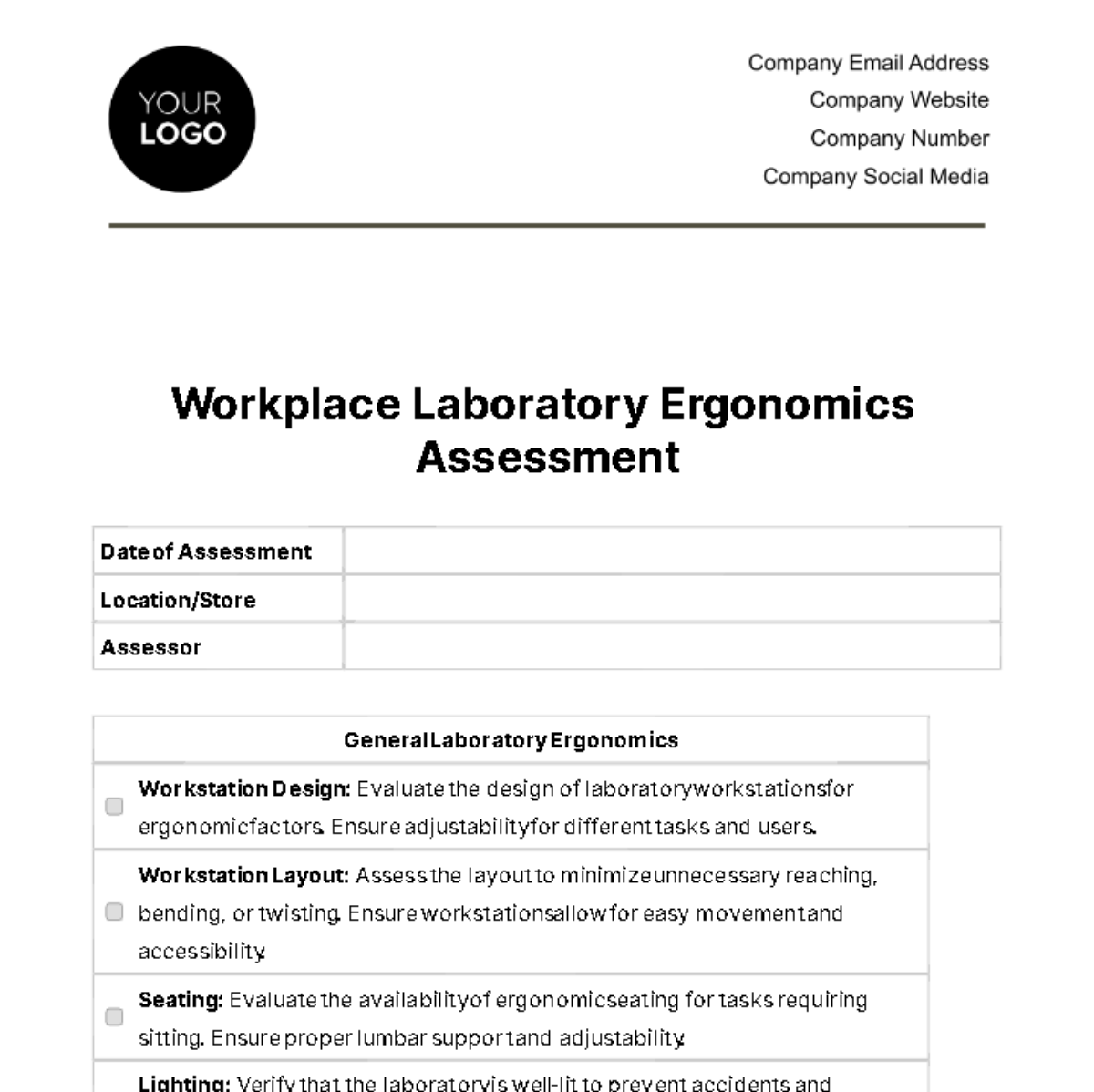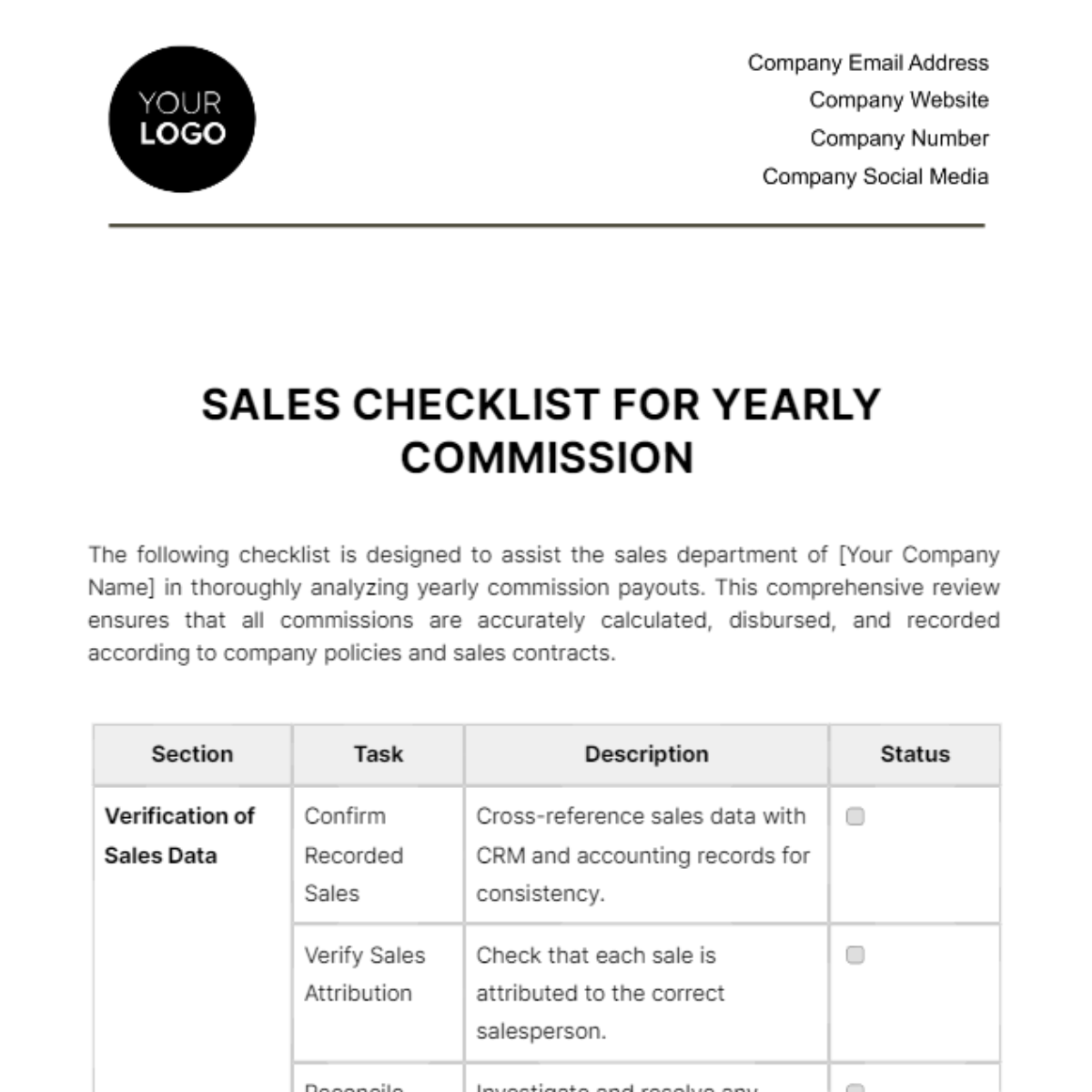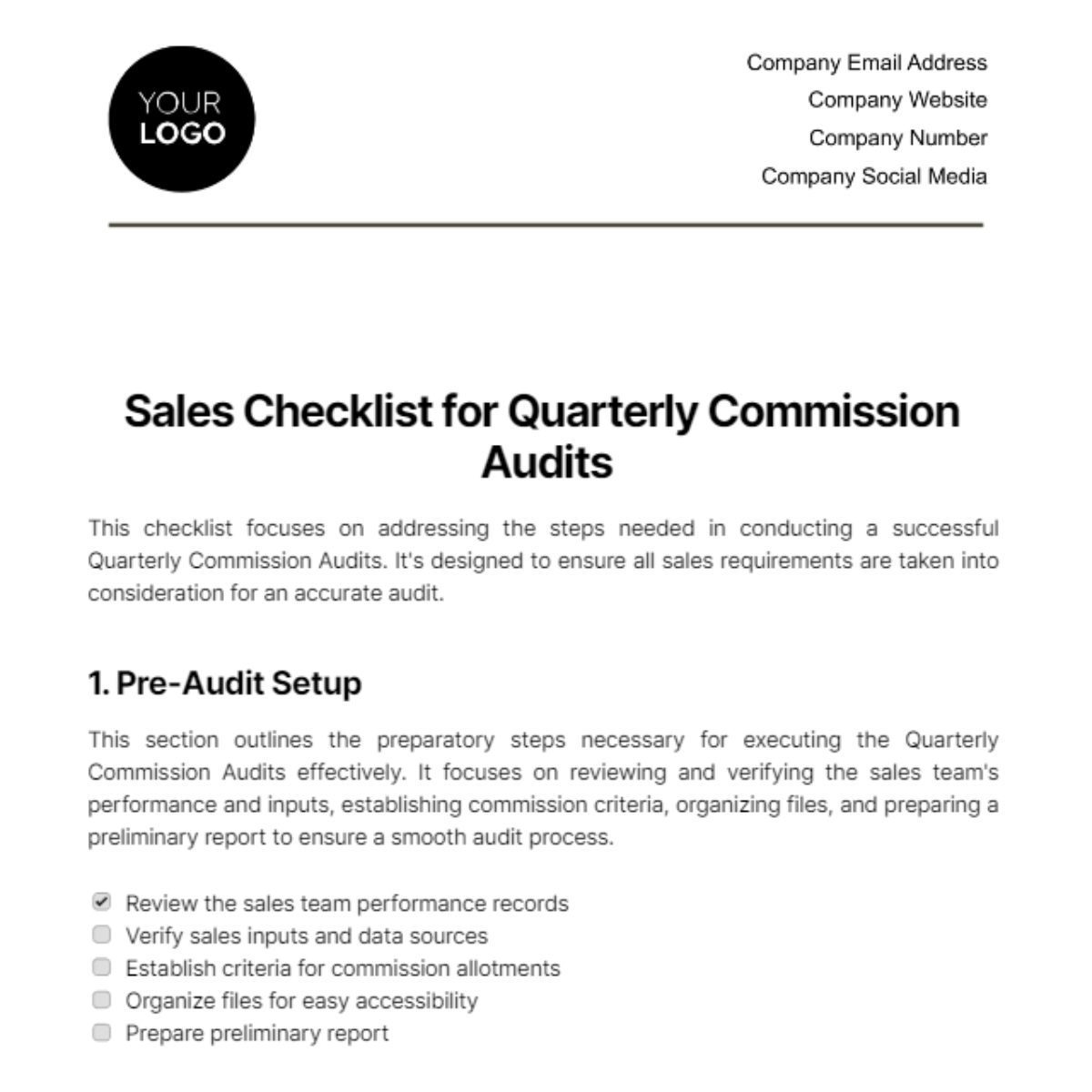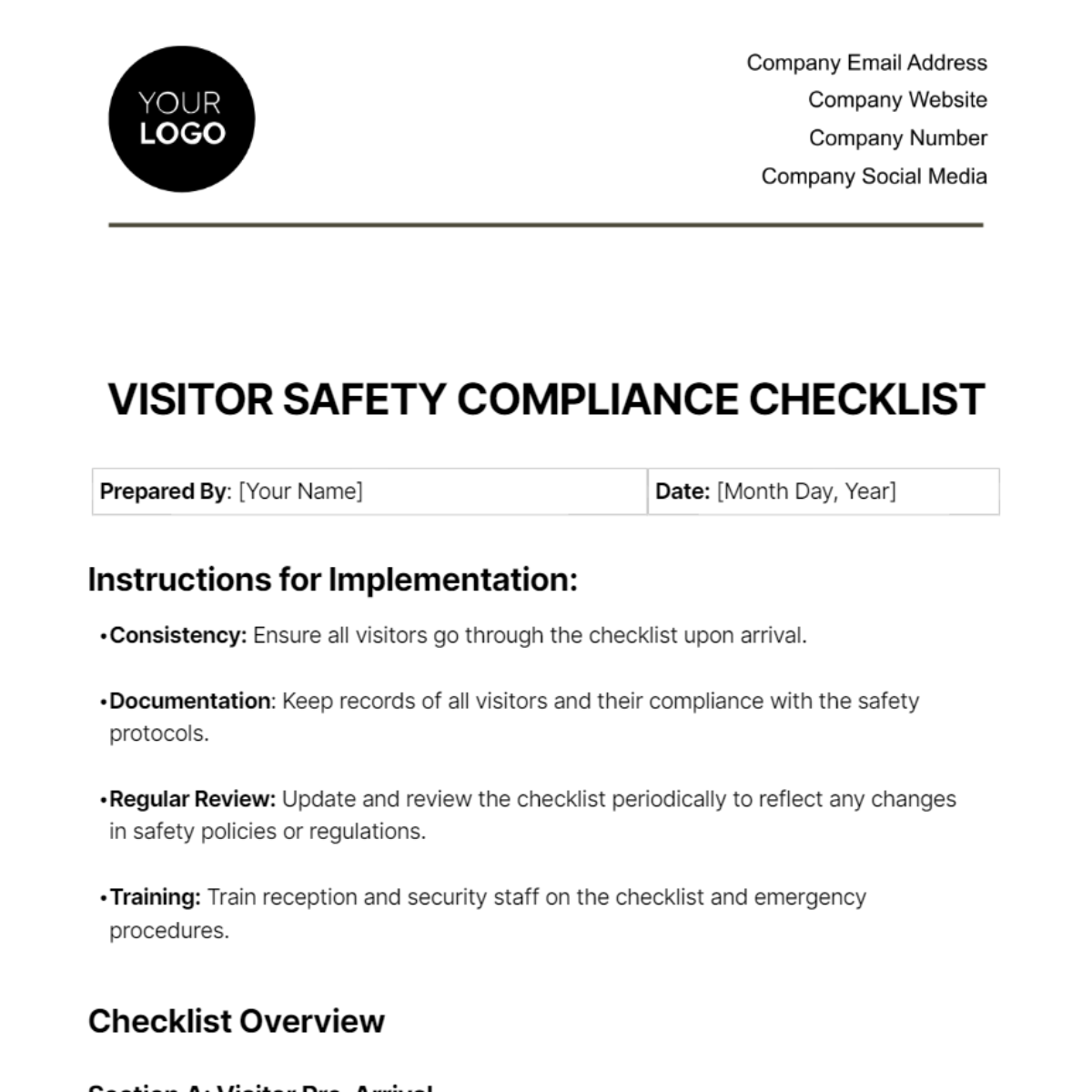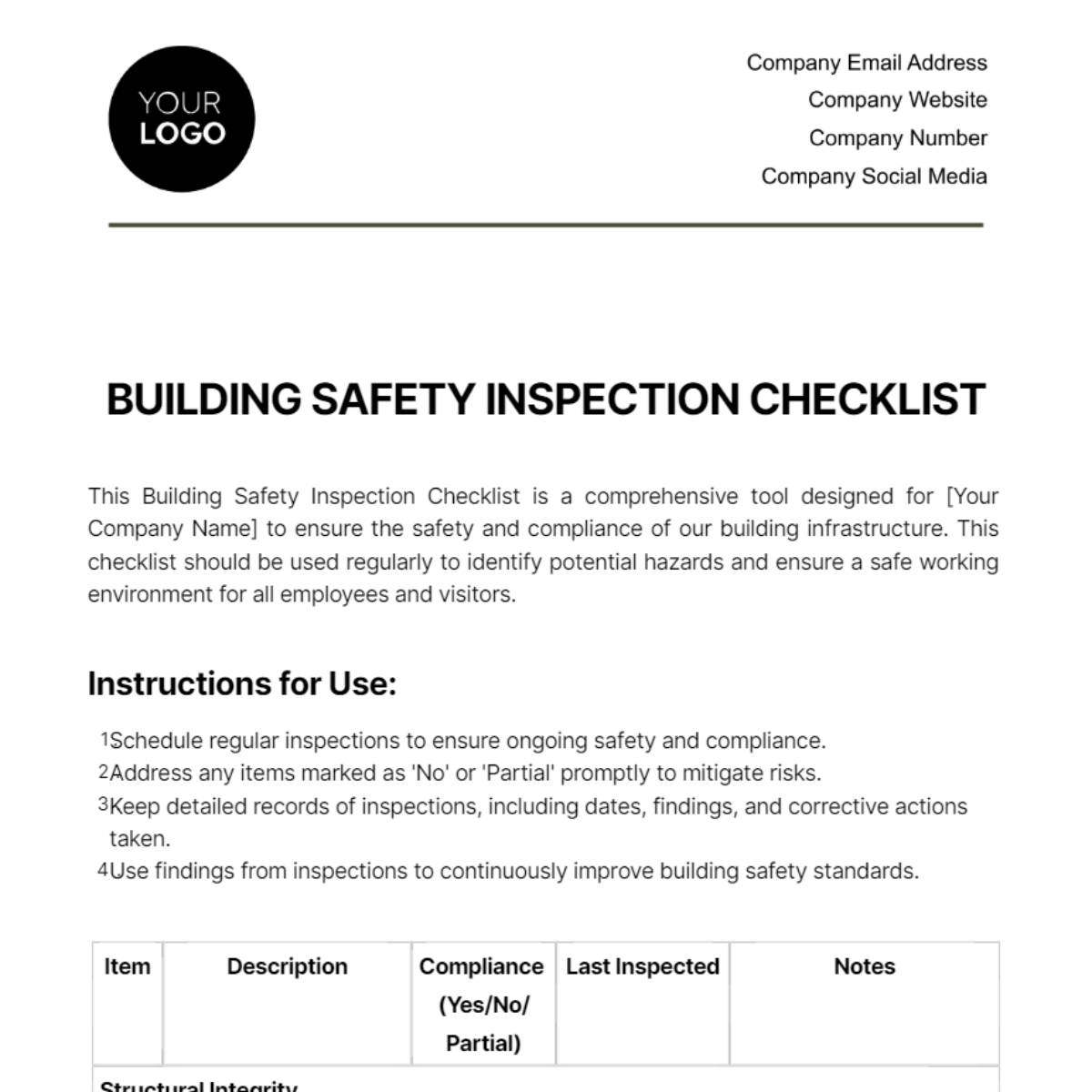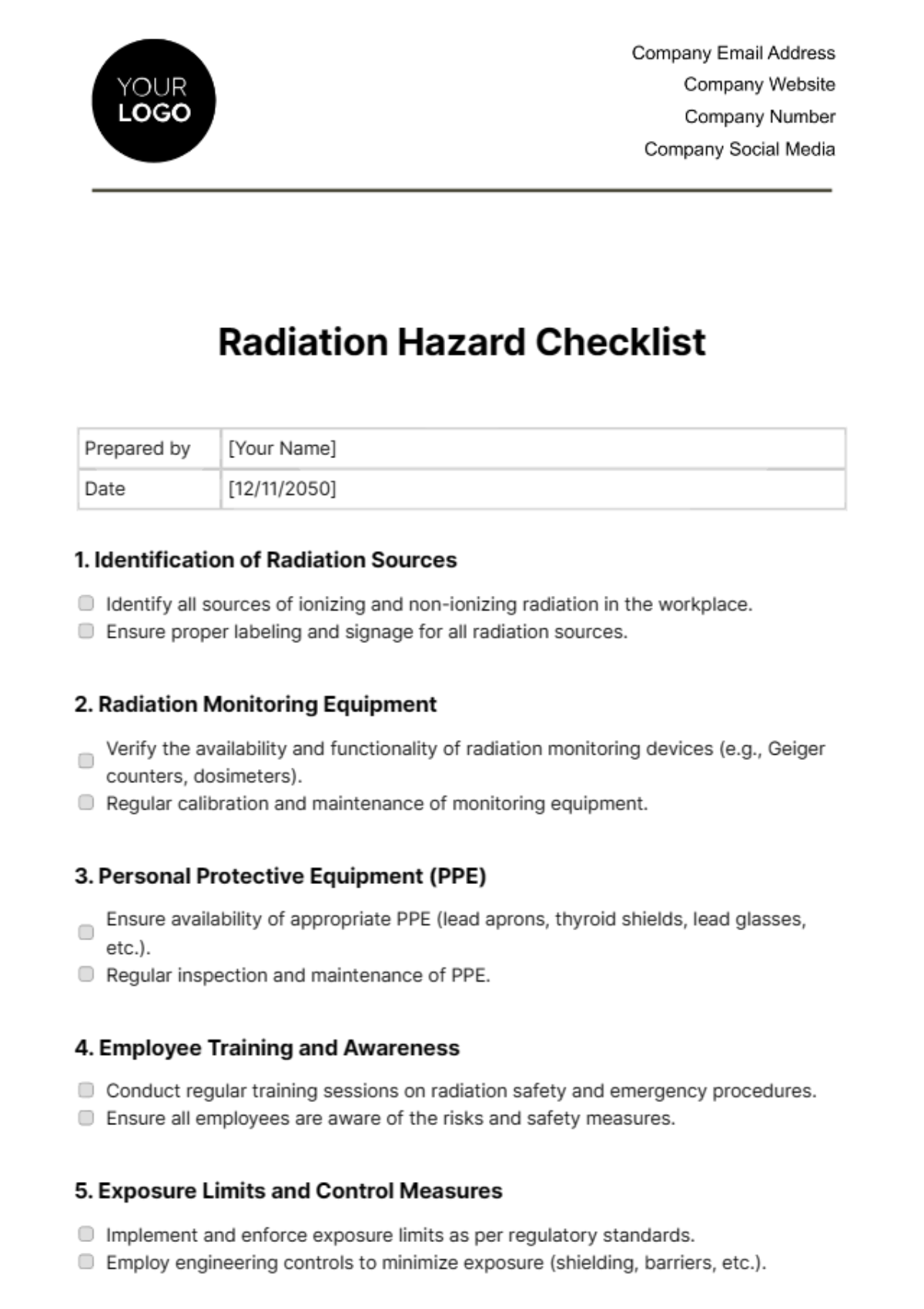Administration Import Regulation Checklist
This checklist is specially designed to provide comprehensive guidance regarding the essential steps and procedures to be followed for importing goods into a specific country or region. The goal is to ensure your business strictly abides by all the required governmental regulations, tariffs, duties, and documentation for a successful importation process.
A. Pre-Importation Requirements
Identify the country of origin for the goods.
Determine if the goods are subject to any import restrictions or prohibitions.
Obtain necessary import permits or licenses from relevant authorities.
Confirm that the goods comply with local labeling and packaging requirements.
B. Documentation
Ensure all required import documents are complete and accurate.
Prepare commercial invoices detailing the description, quantity, and value of the goods.
Obtain a certificate of origin if required.
Secure any additional documentation specific to the type of goods being imported (e.g., phytosanitary certificates for agricultural products).
C. Tariffs and Duties
Determine the applicable tariff classification and duty rates for the imported goods.
Calculate estimated import duties and taxes.
Consider any preferential trade agreements or exemptions that may apply.
D. Customs Clearance
Engage a licensed customs broker to facilitate customs clearance procedures.
Provide the customs broker with all necessary documentation and information.
Ensure compliance with customs declaration requirements.
Arrange for payment of import duties and taxes.
E. Transportation and Logistics
Select a reliable freight forwarder or shipping carrier.
Coordinate shipping arrangements and ensure timely delivery of goods.
Obtain insurance coverage for the transported goods if necessary.
F. Post-Importation Requirements
Keep records of all import transactions and documentation for audit purposes.
Monitor changes in import regulations and adjust procedures accordingly.
Address any customs inquiries or requests for additional information promptly.
G. Additional Considerations
Check for any specific regulations or restrictions related to the type of goods being imported (e.g., hazardous materials, perishable goods).
Stay informed about any changes or updates to import regulations issued by relevant authorities.
